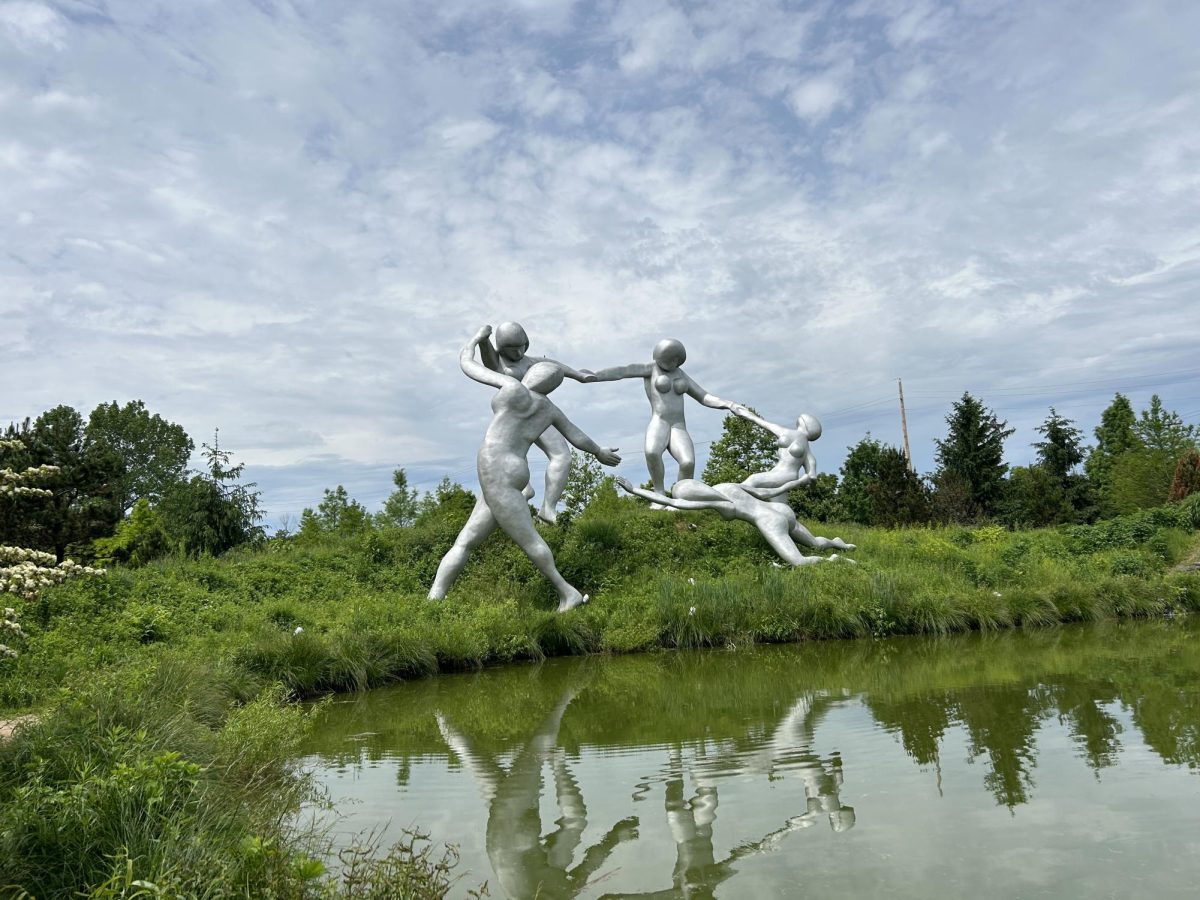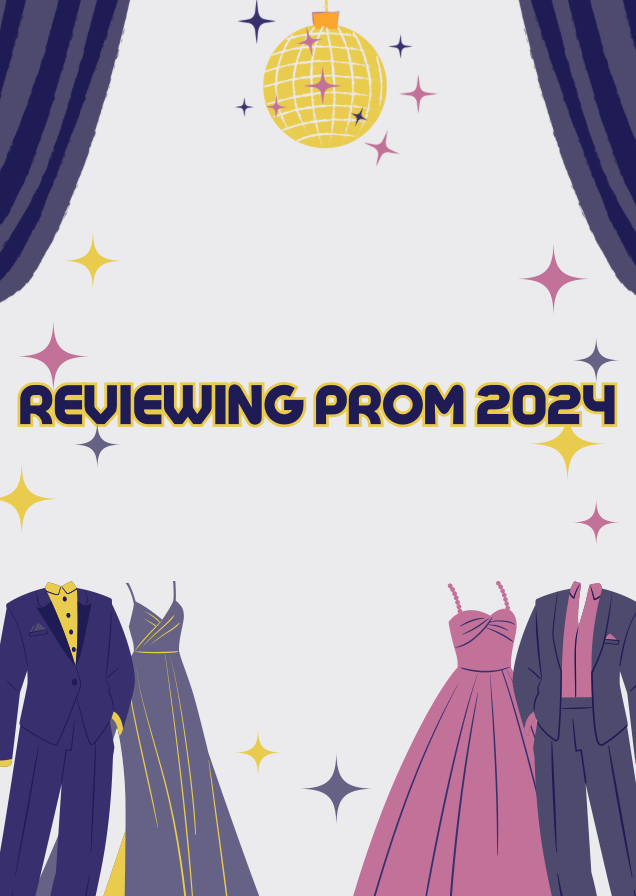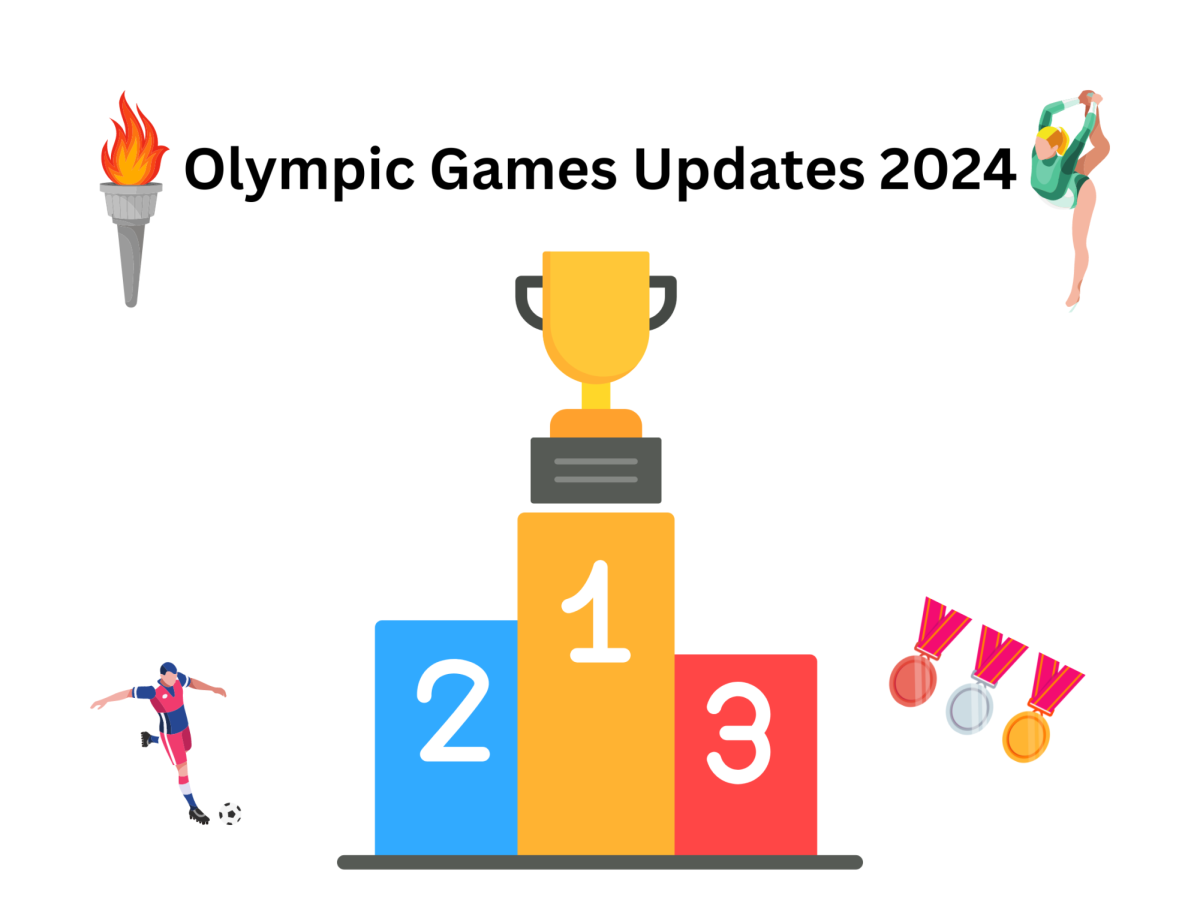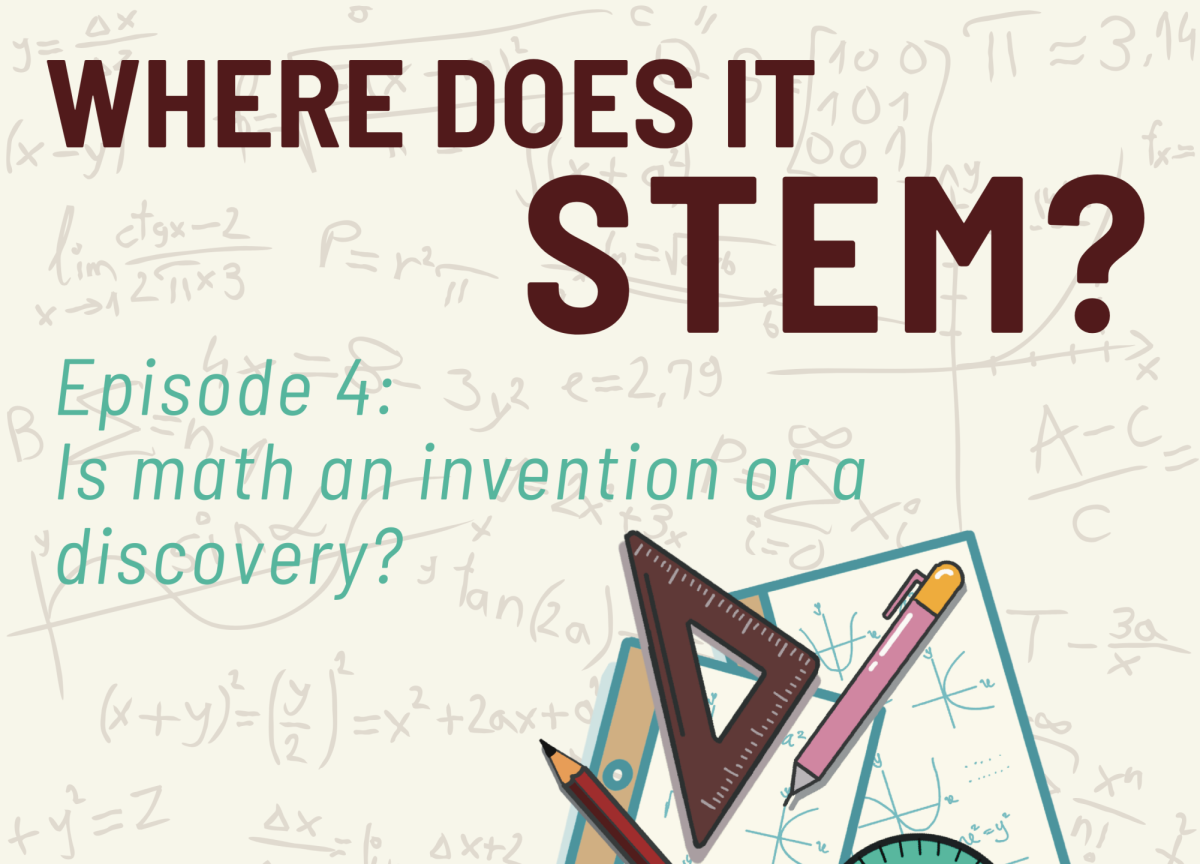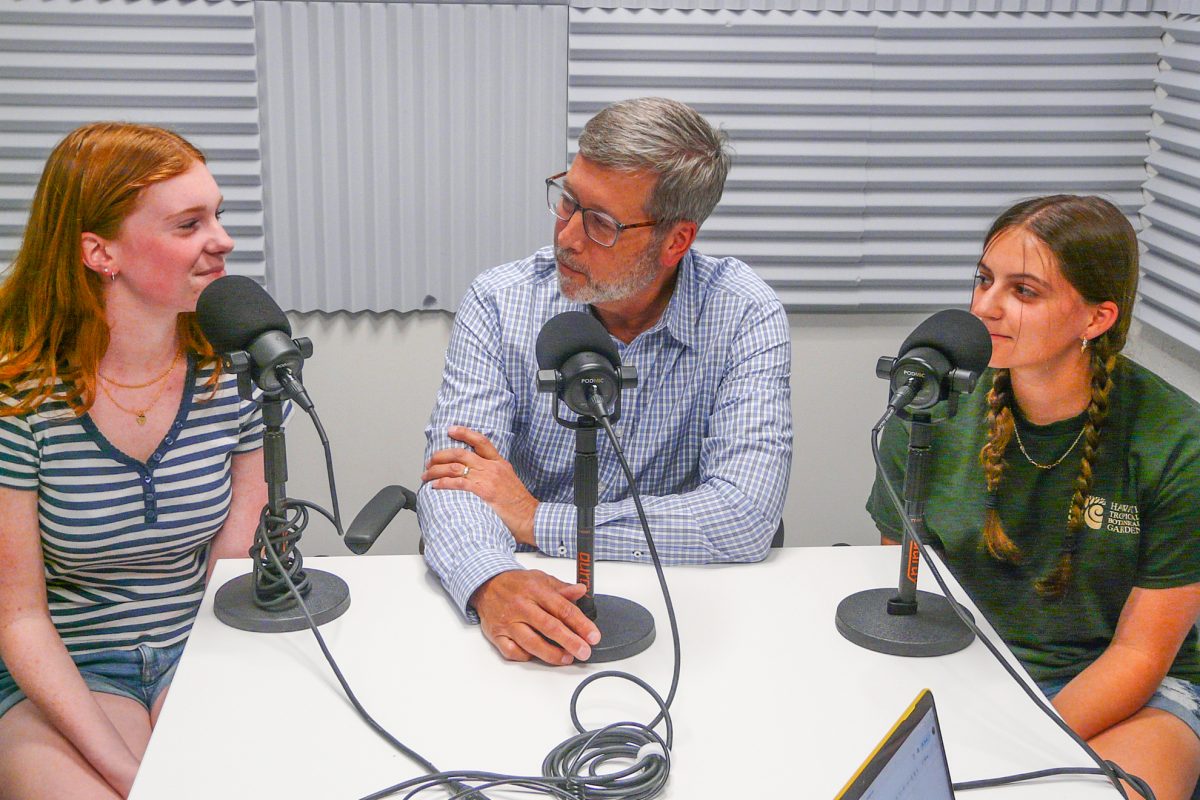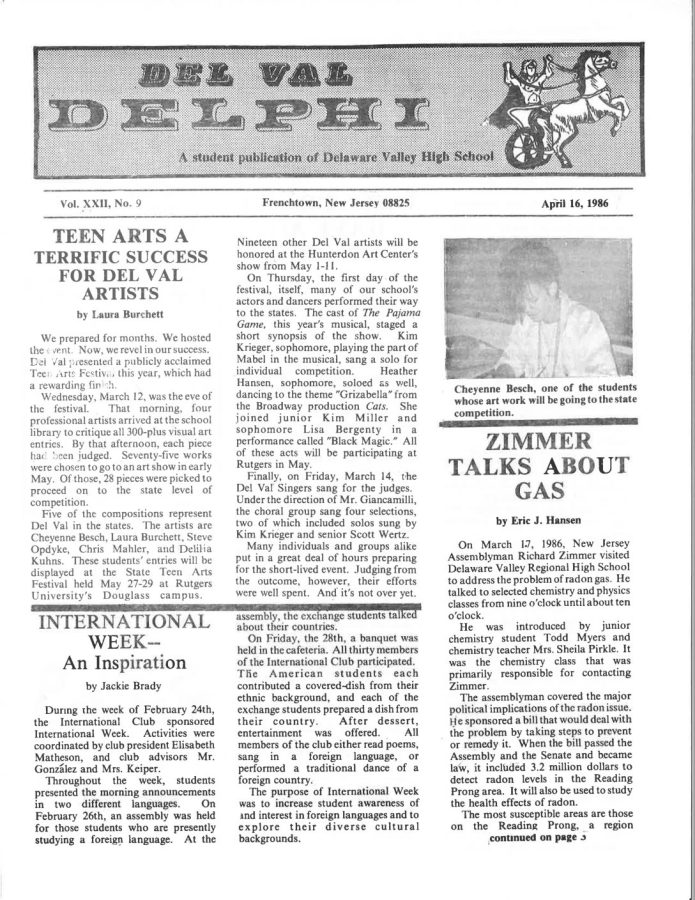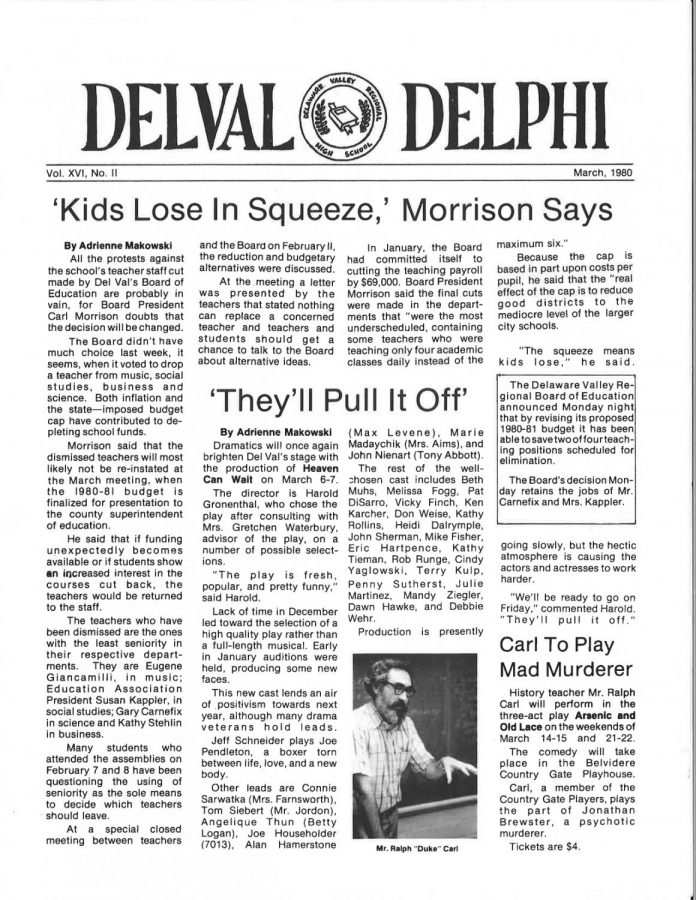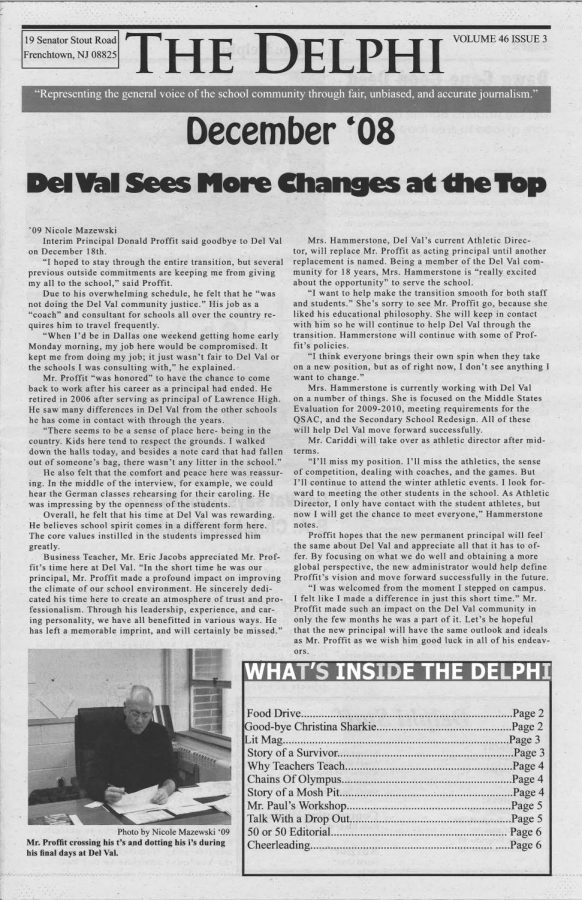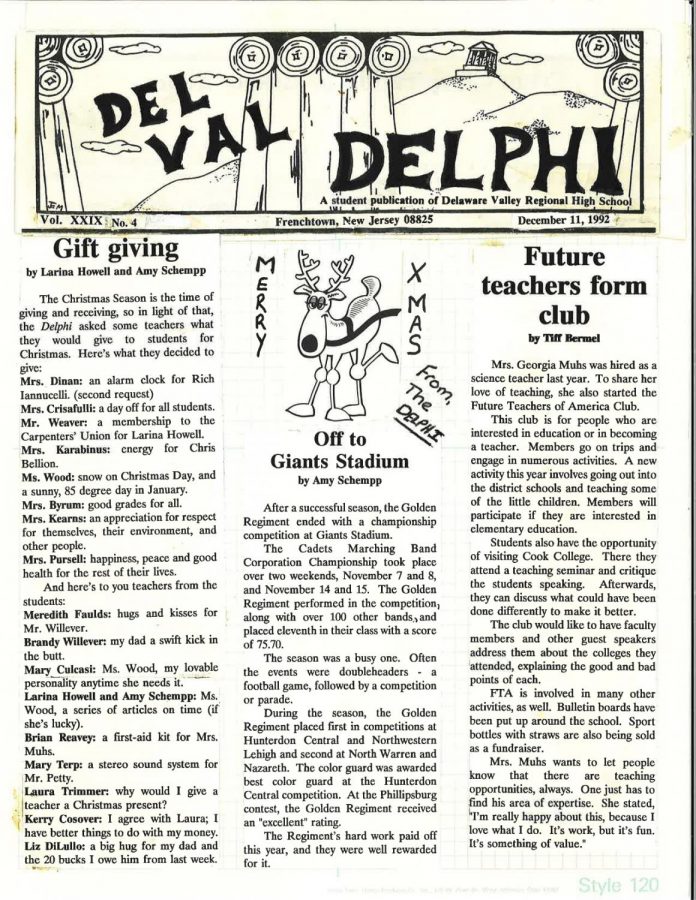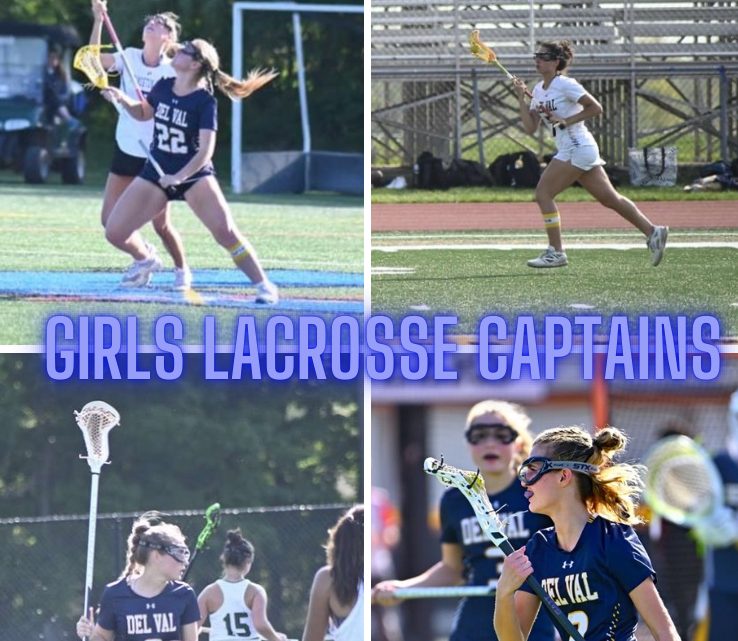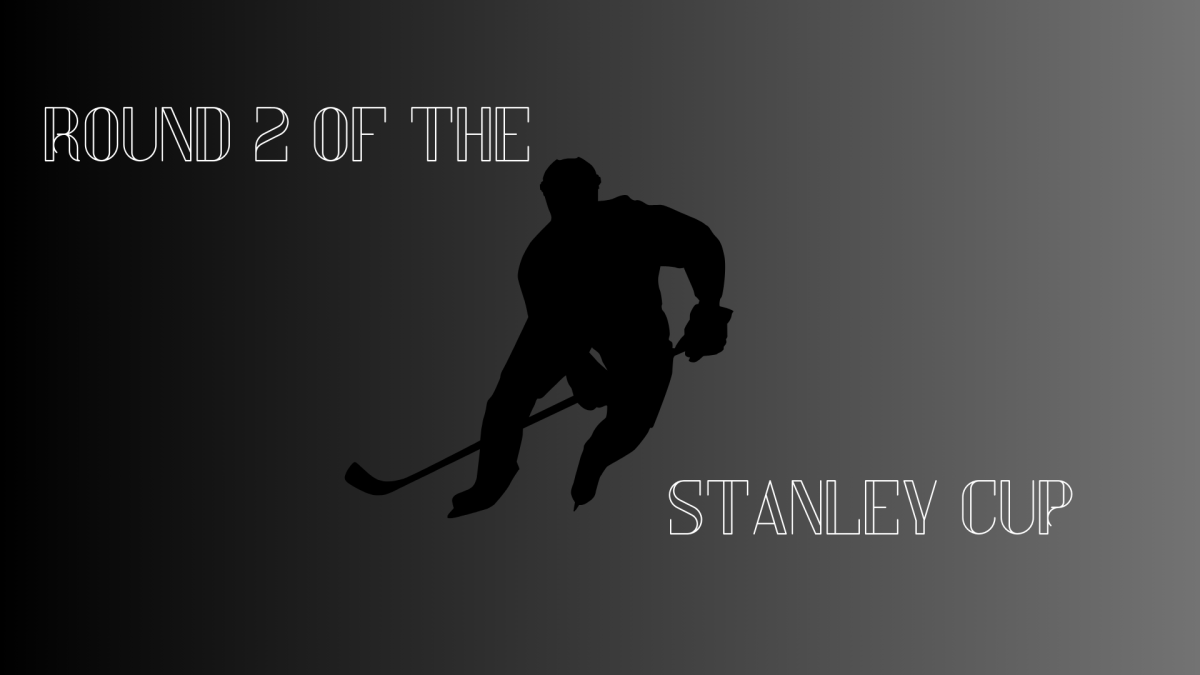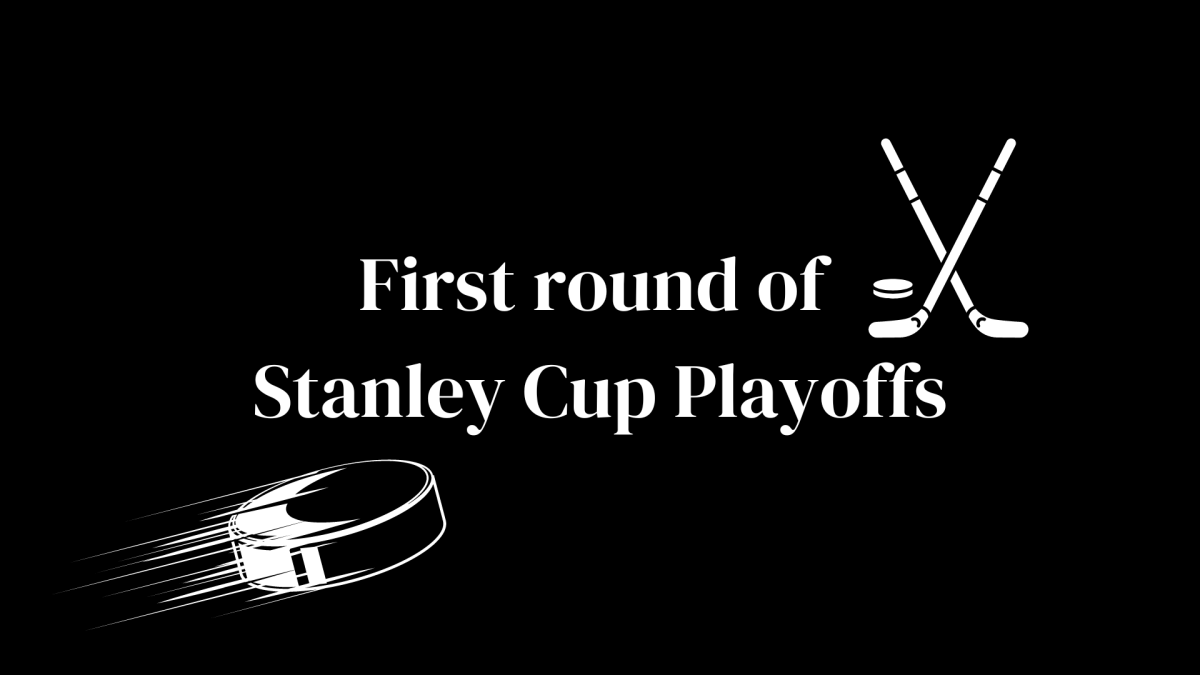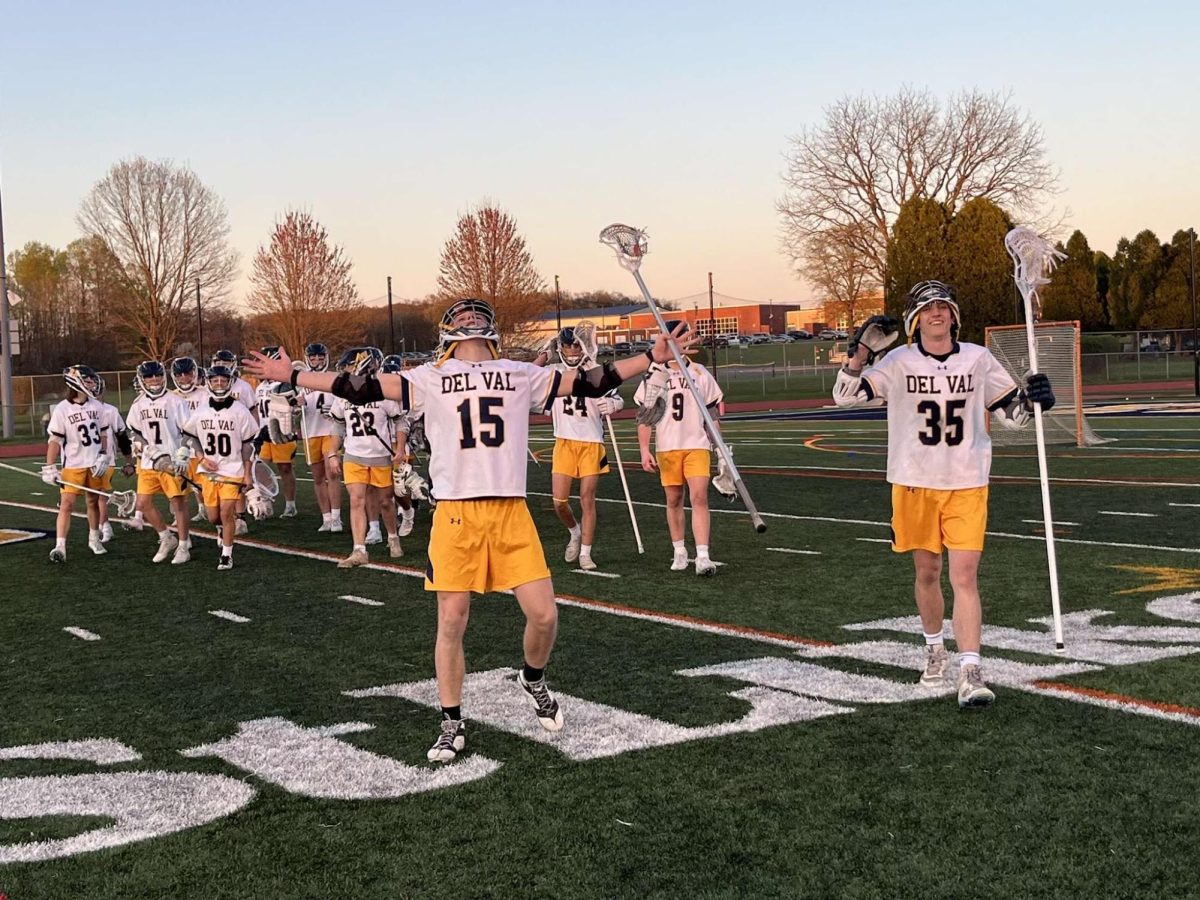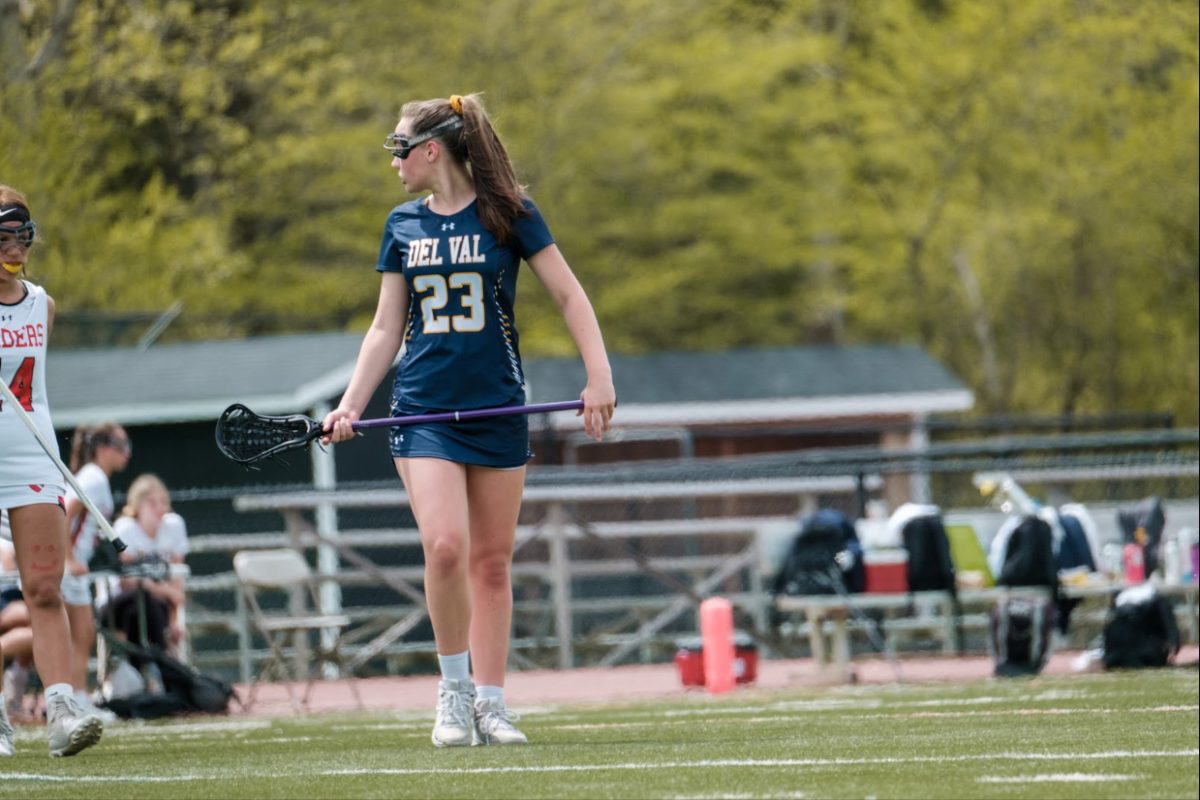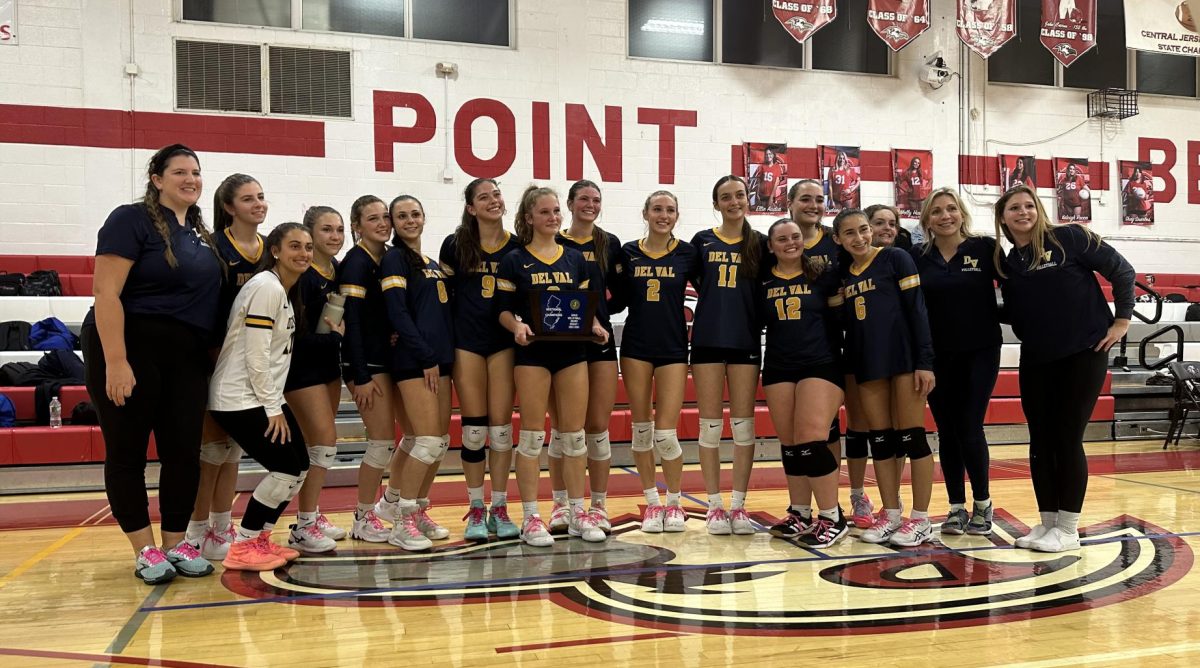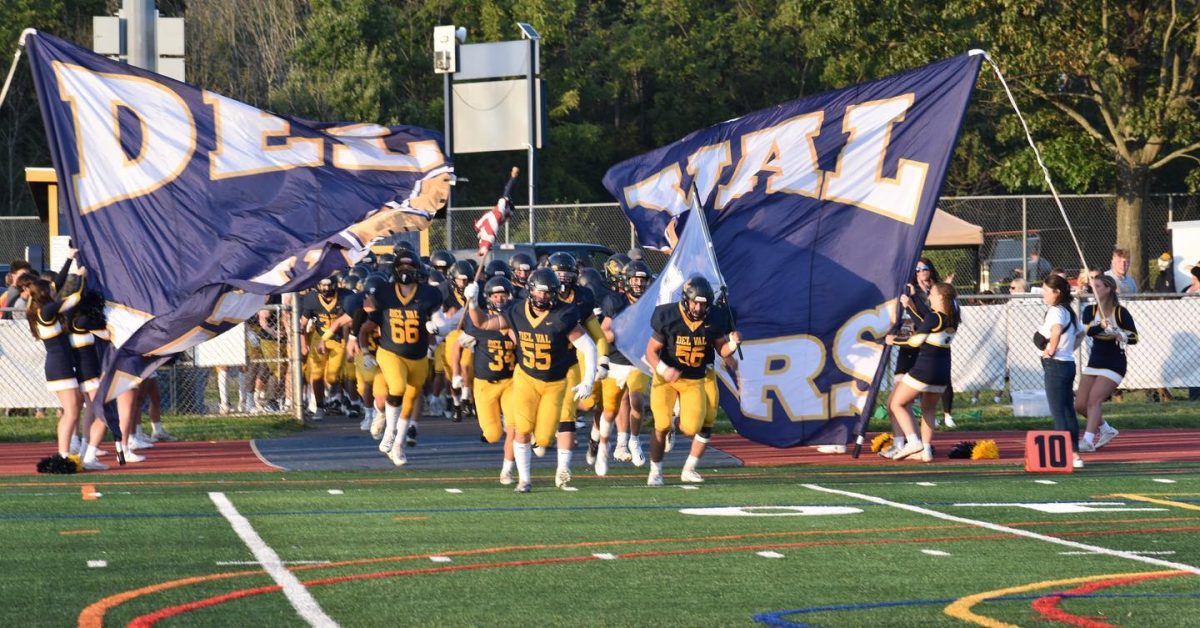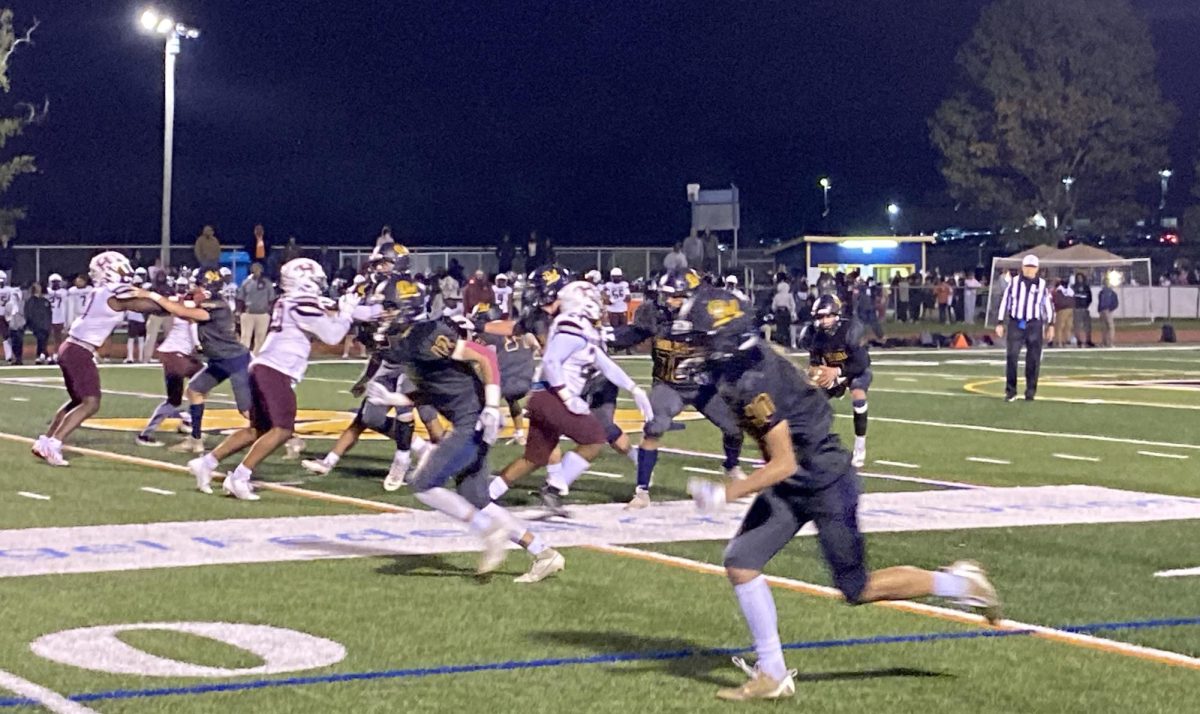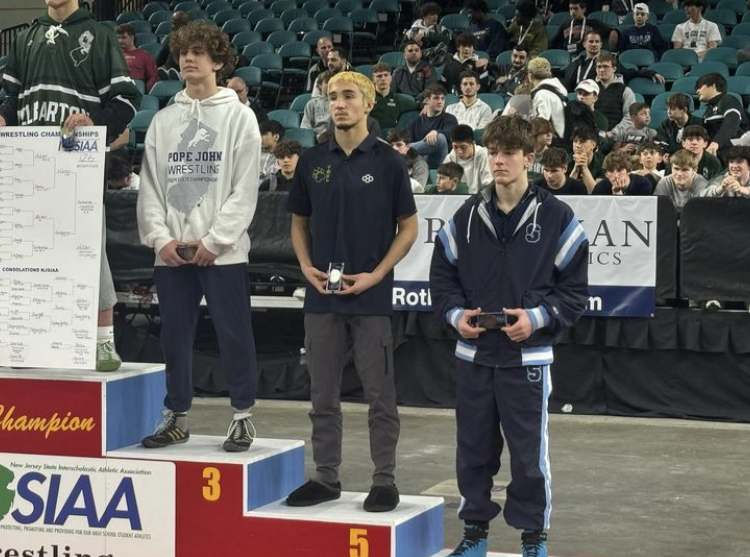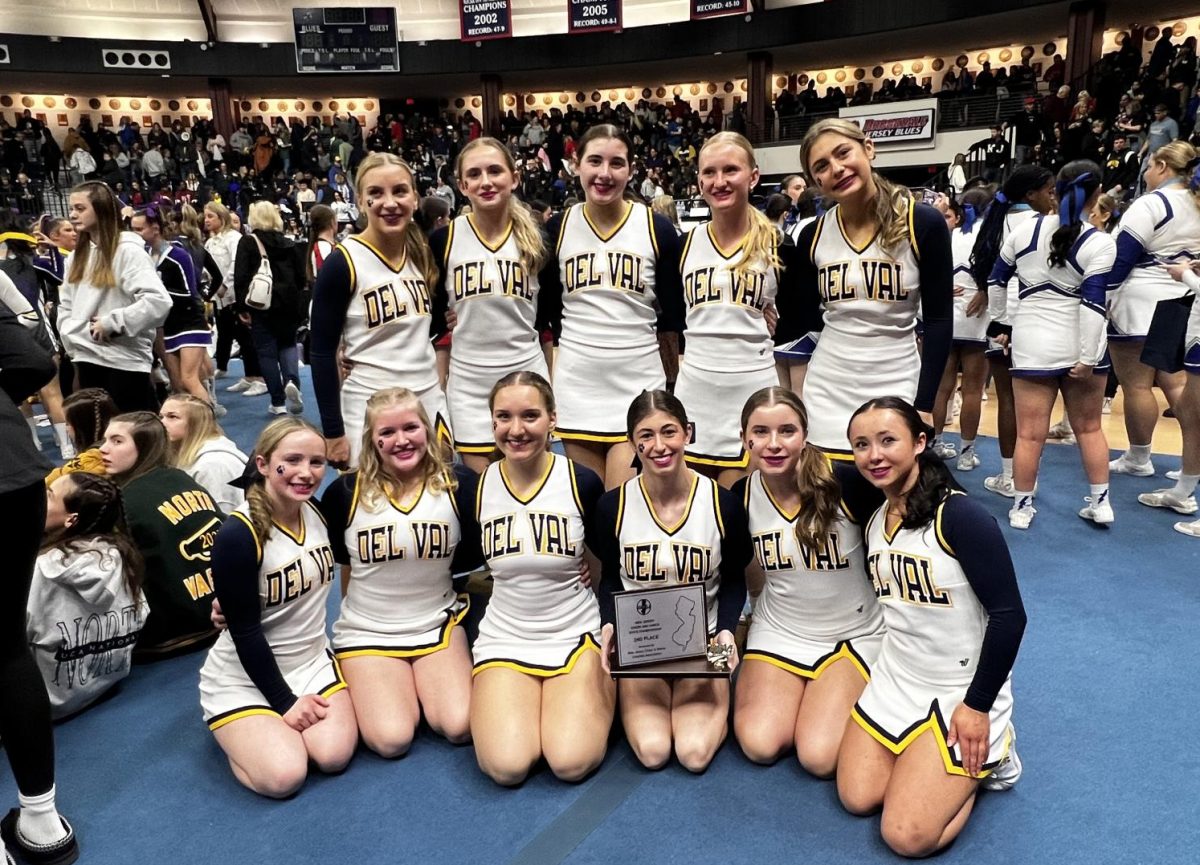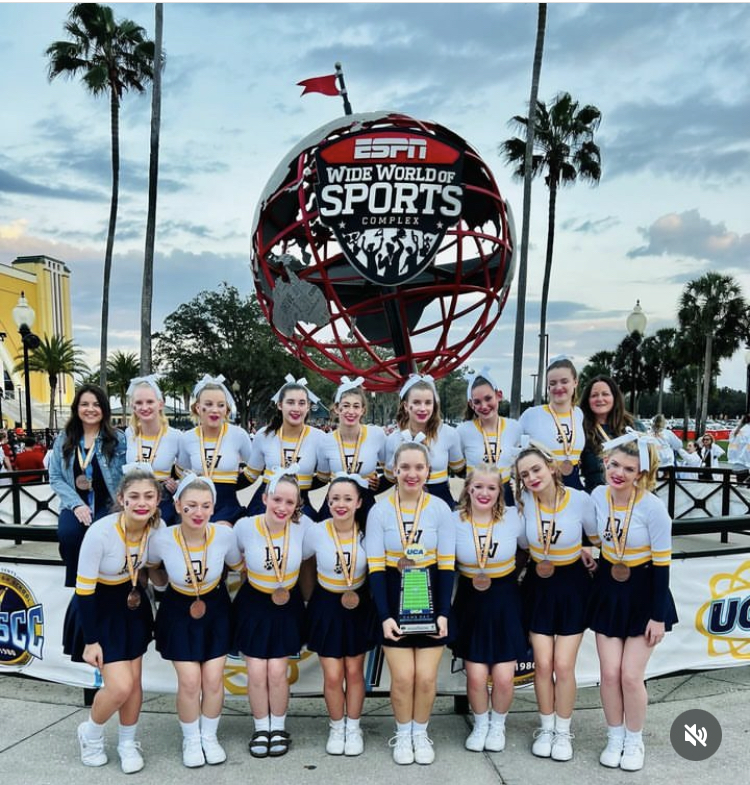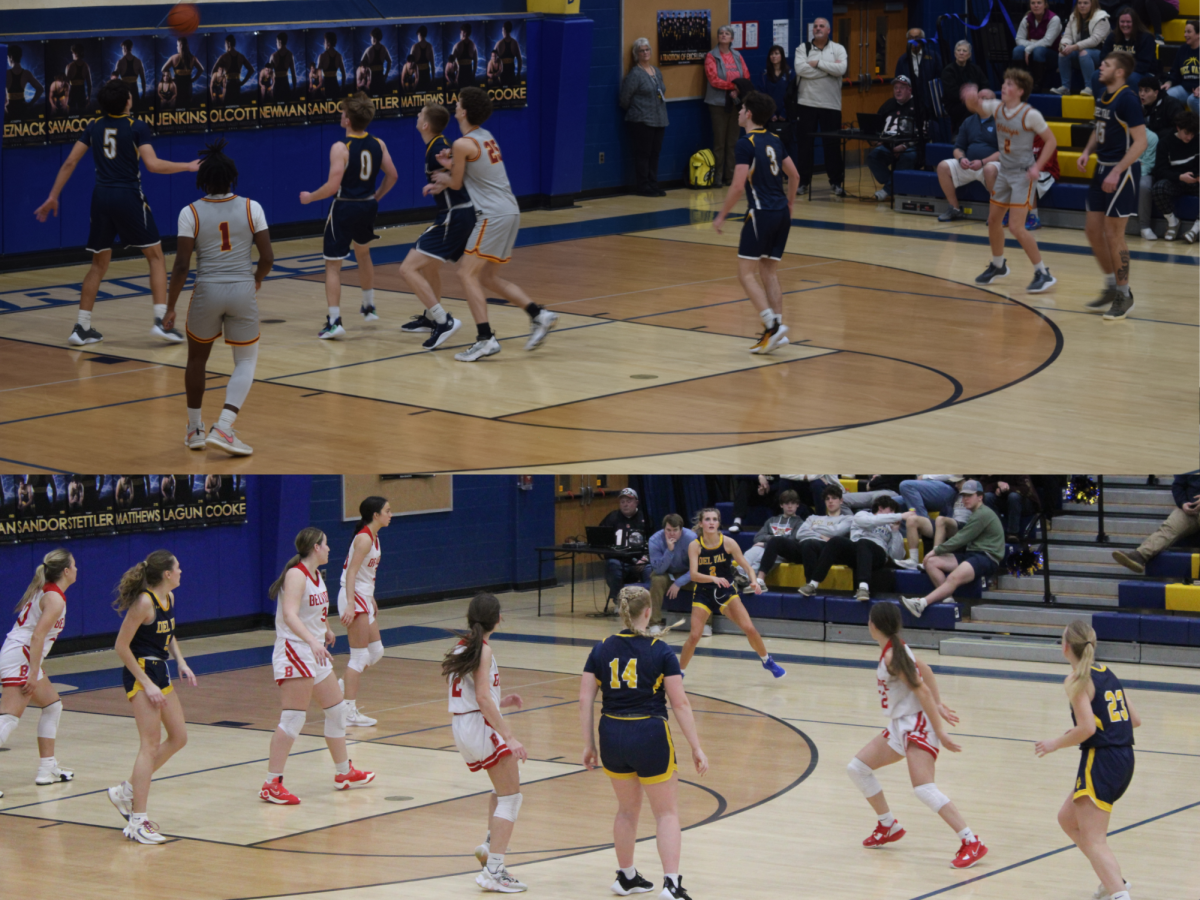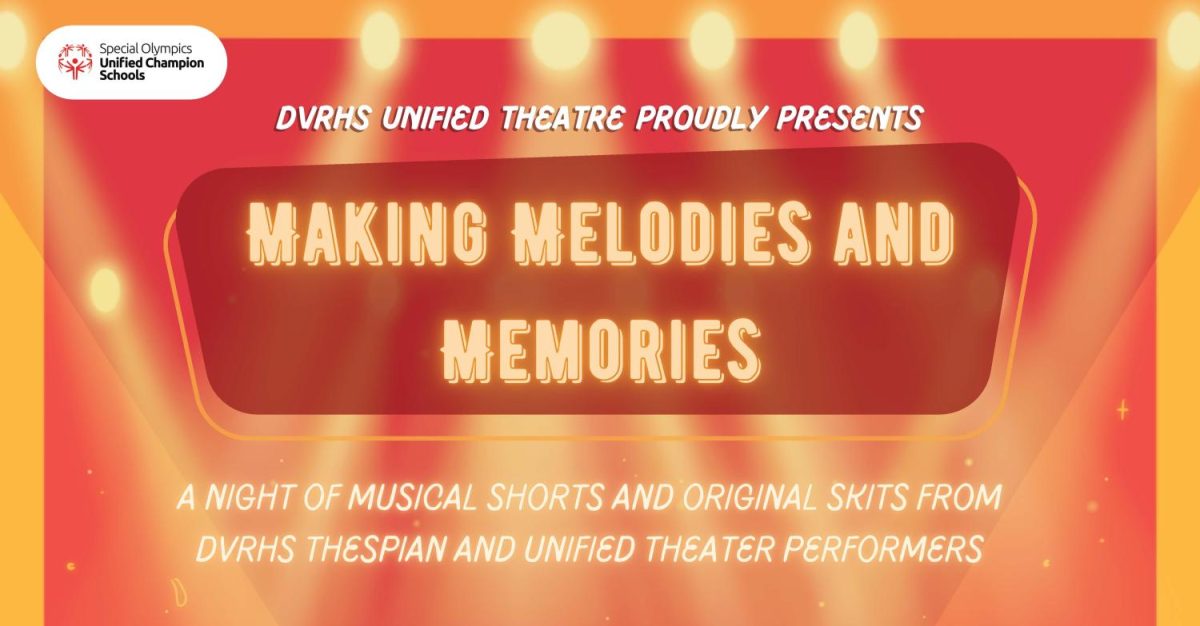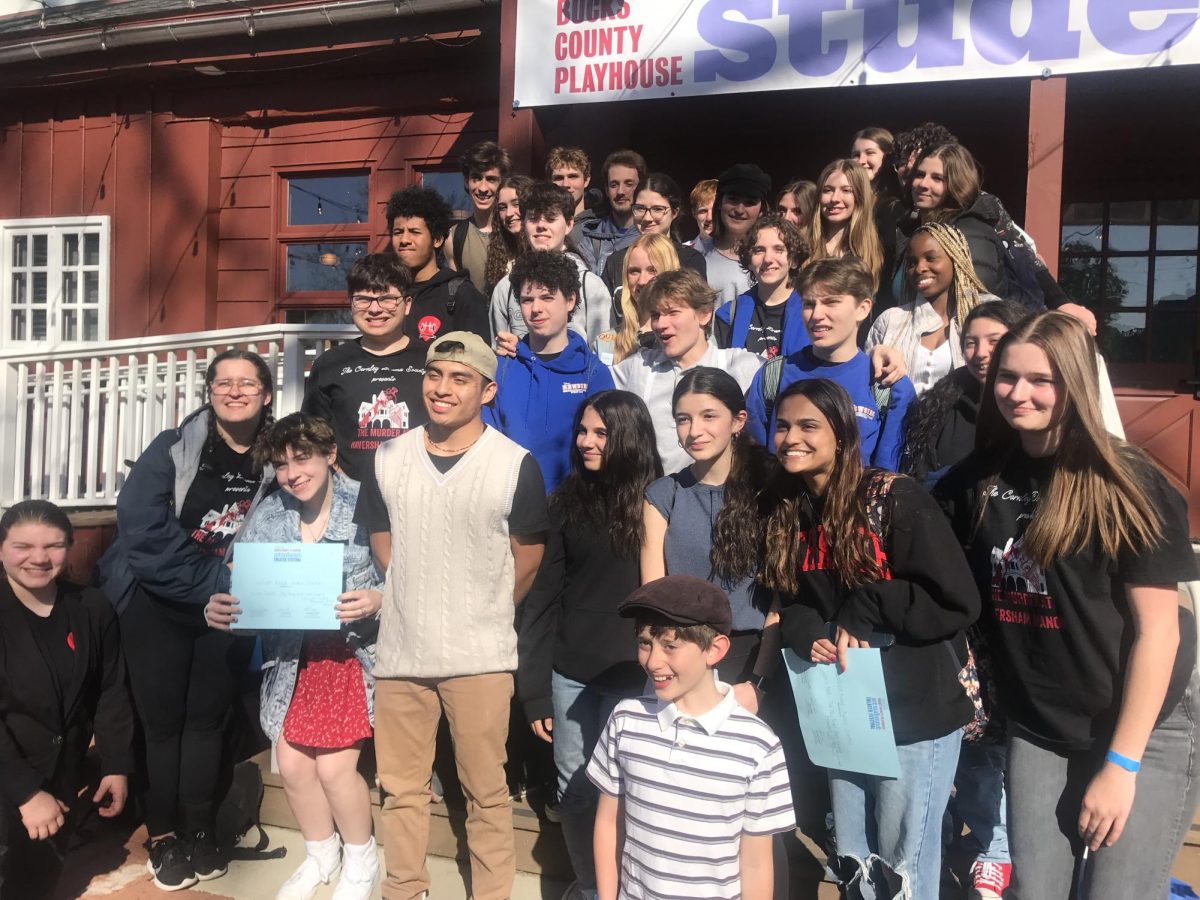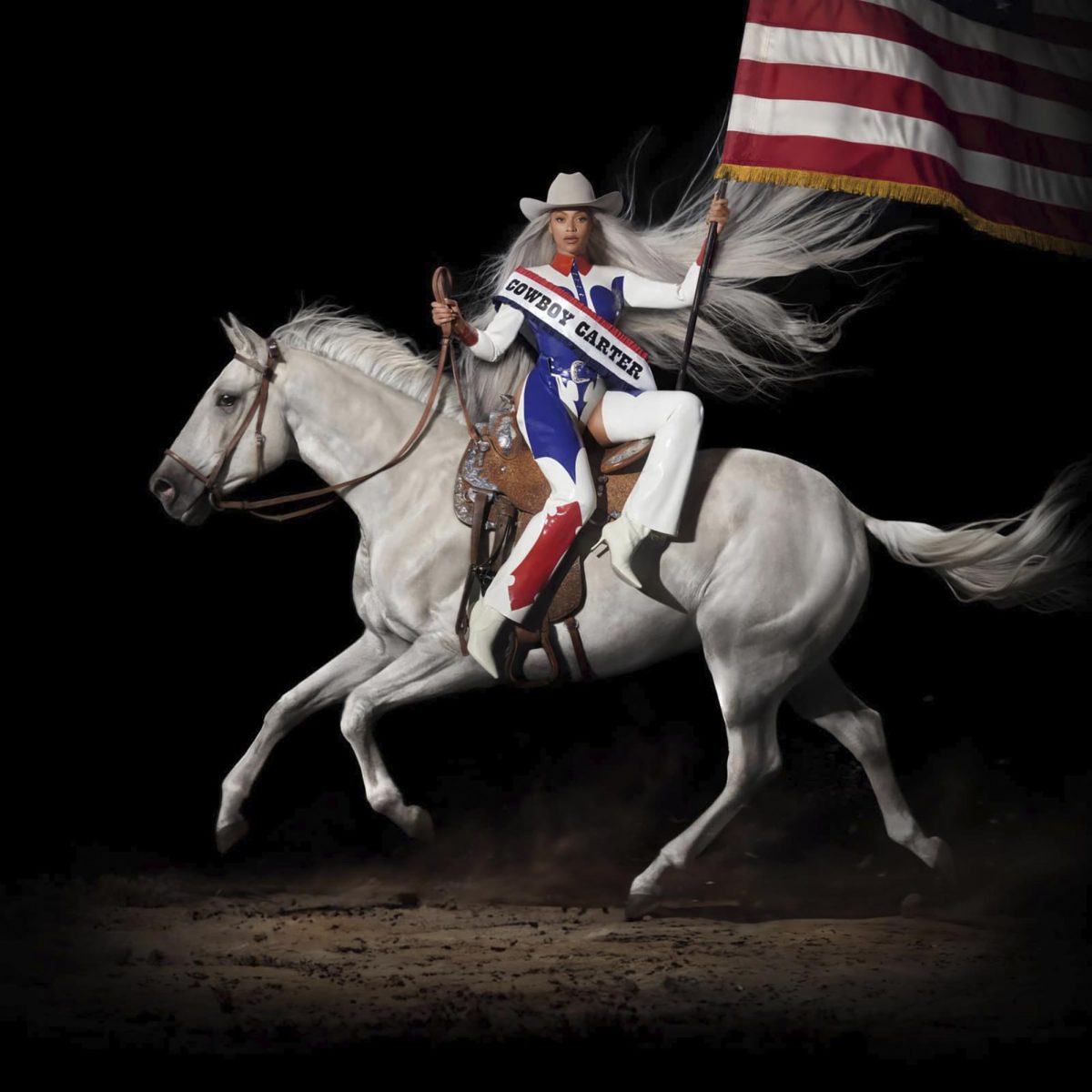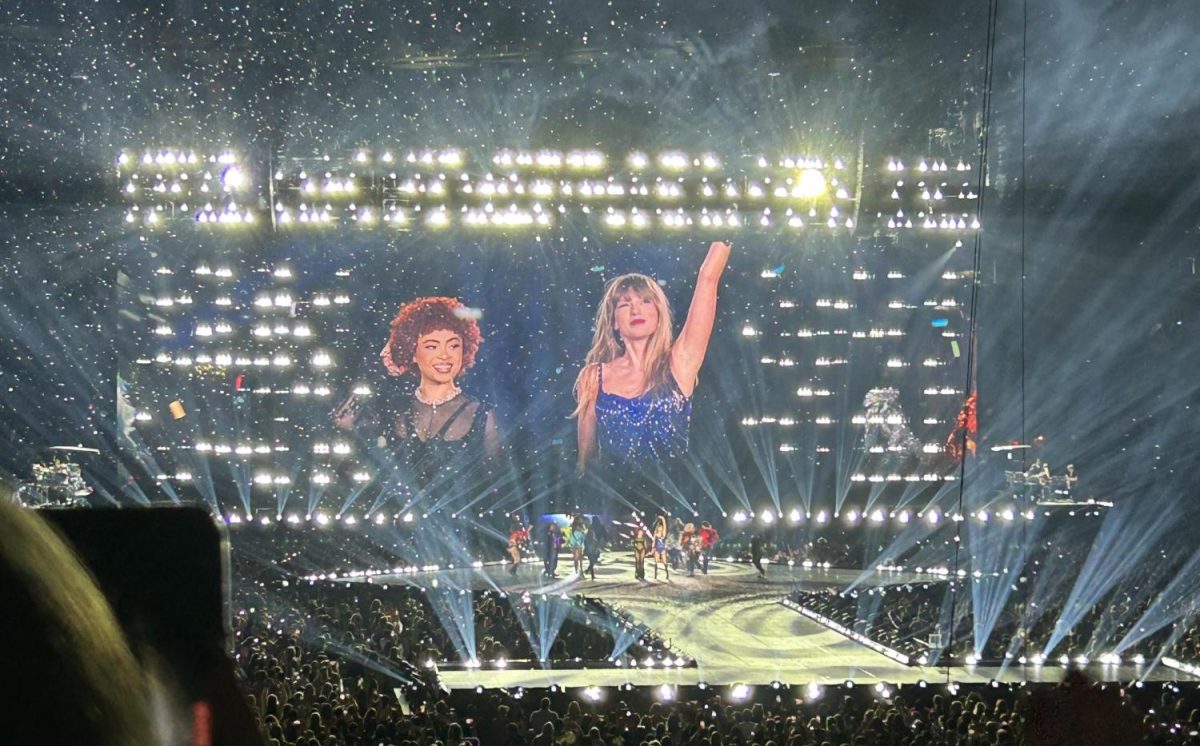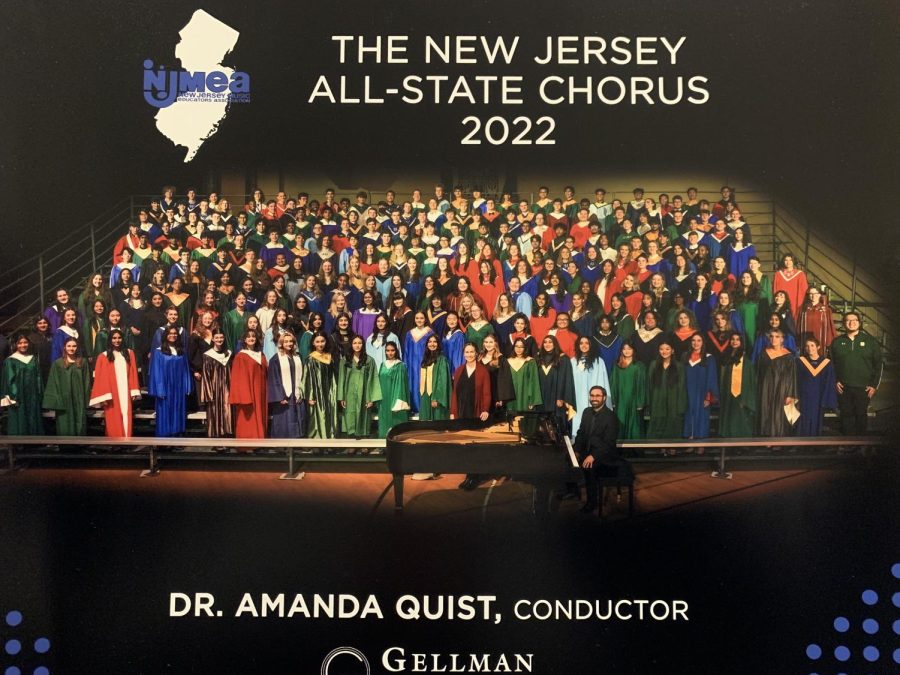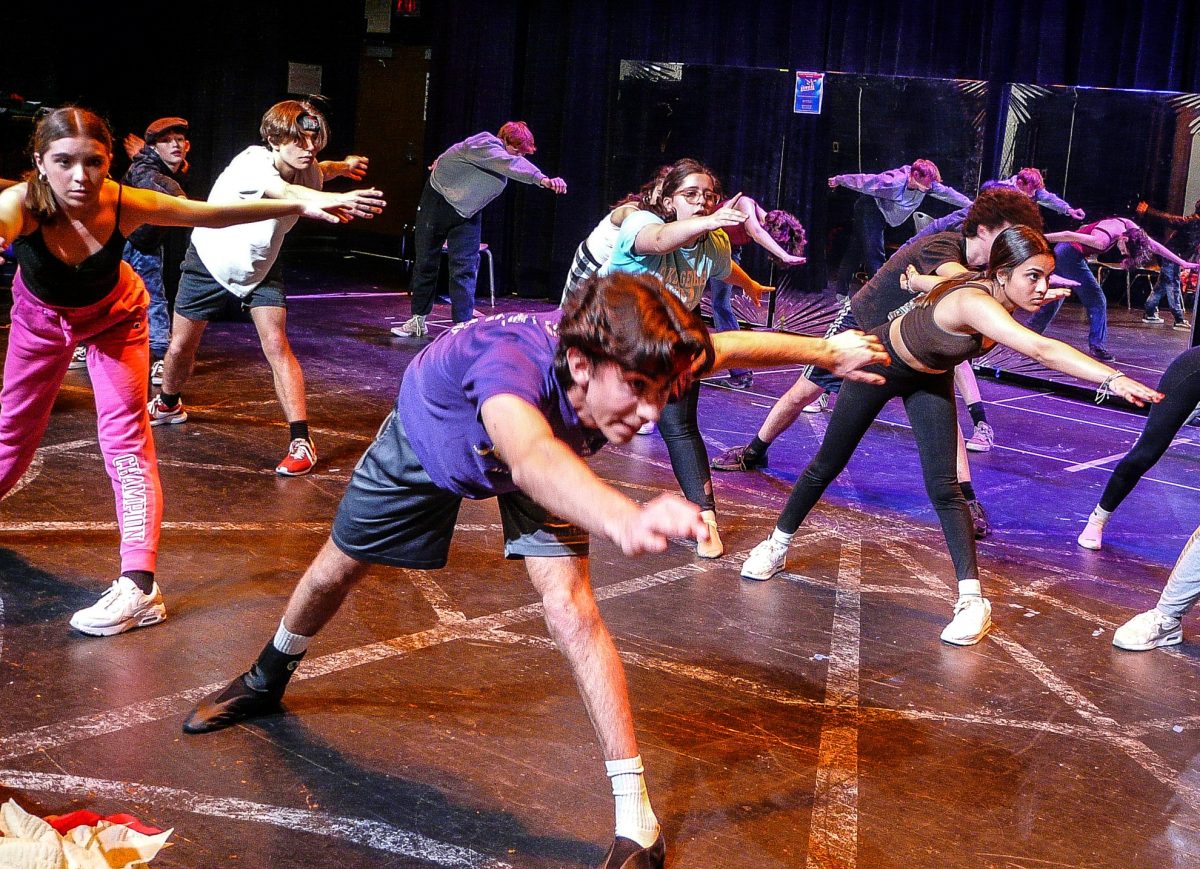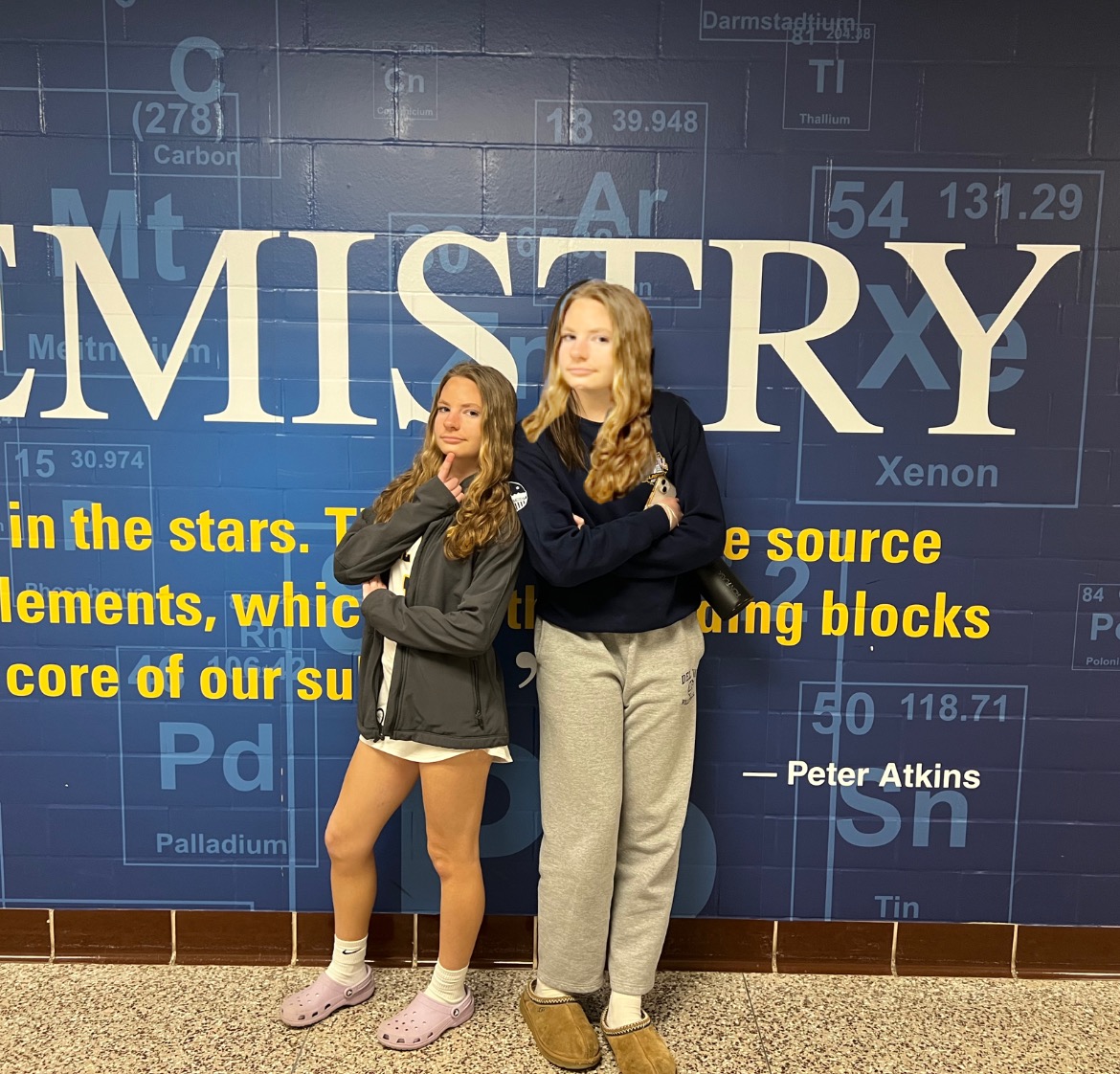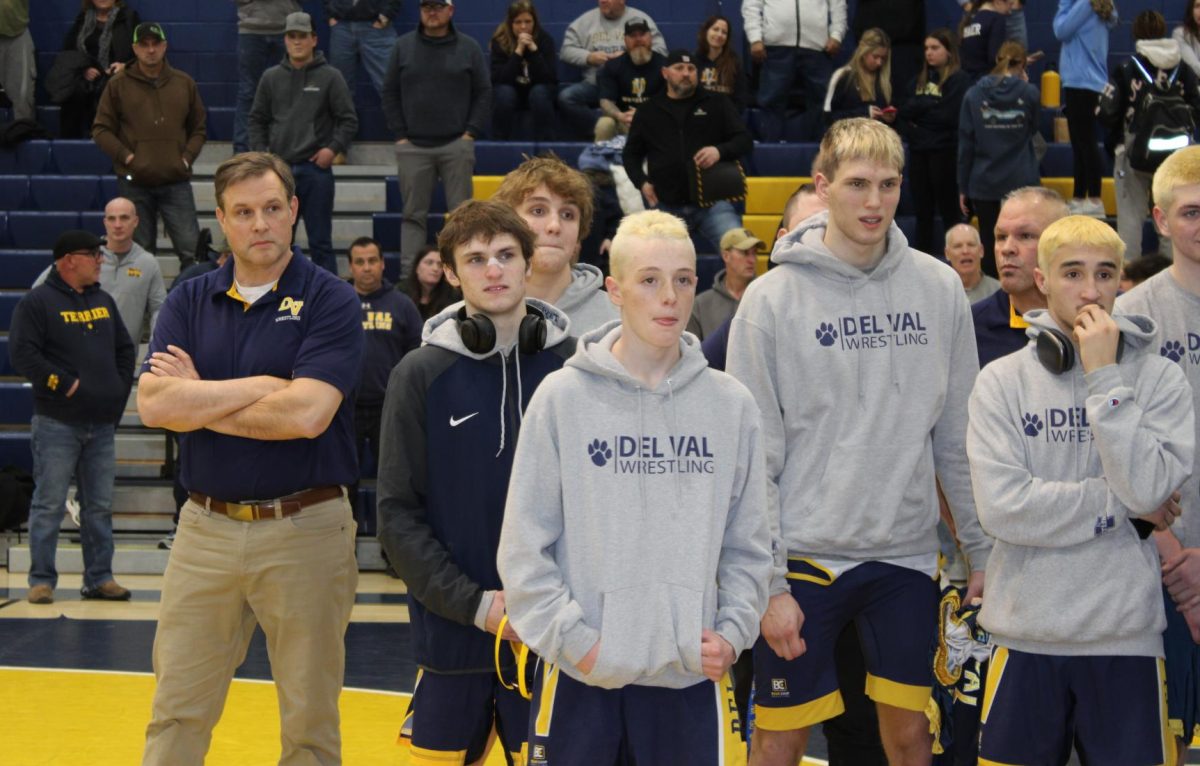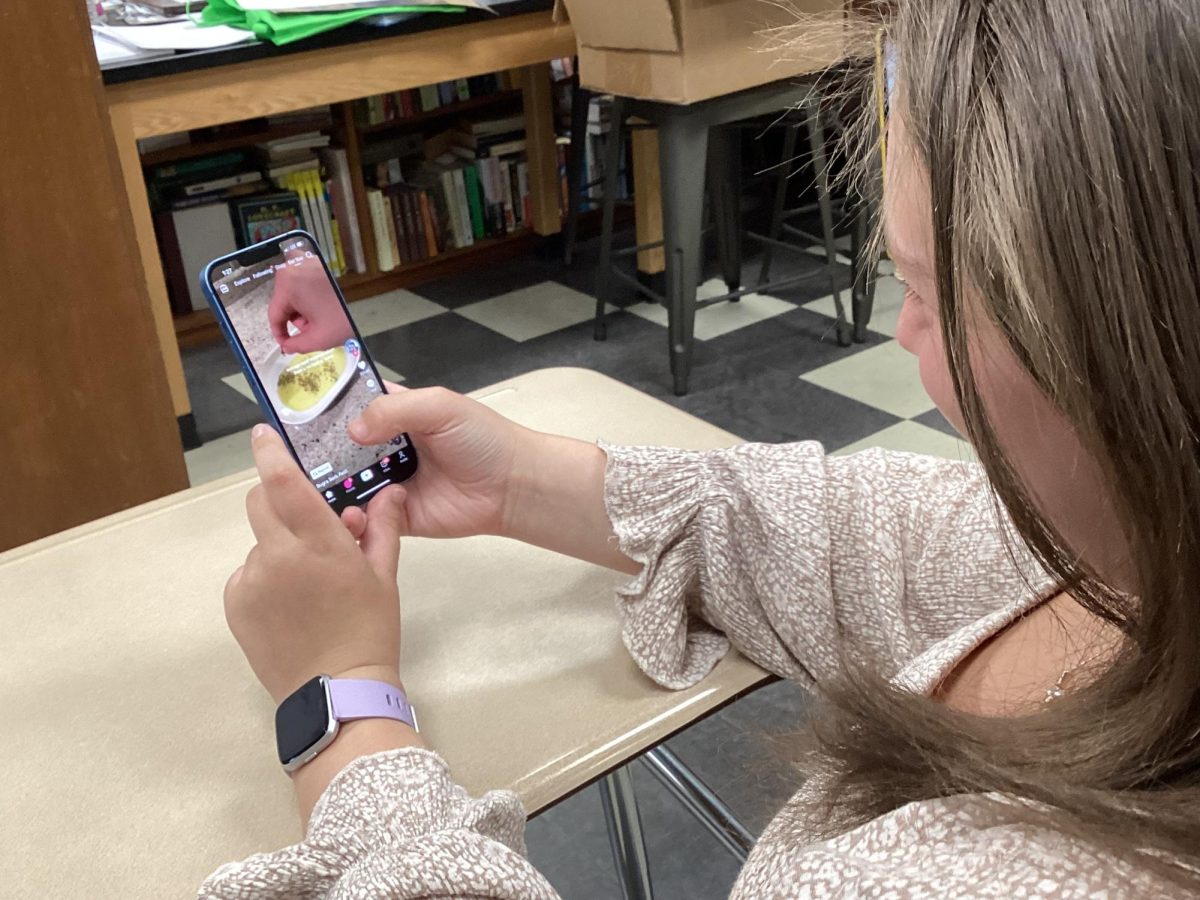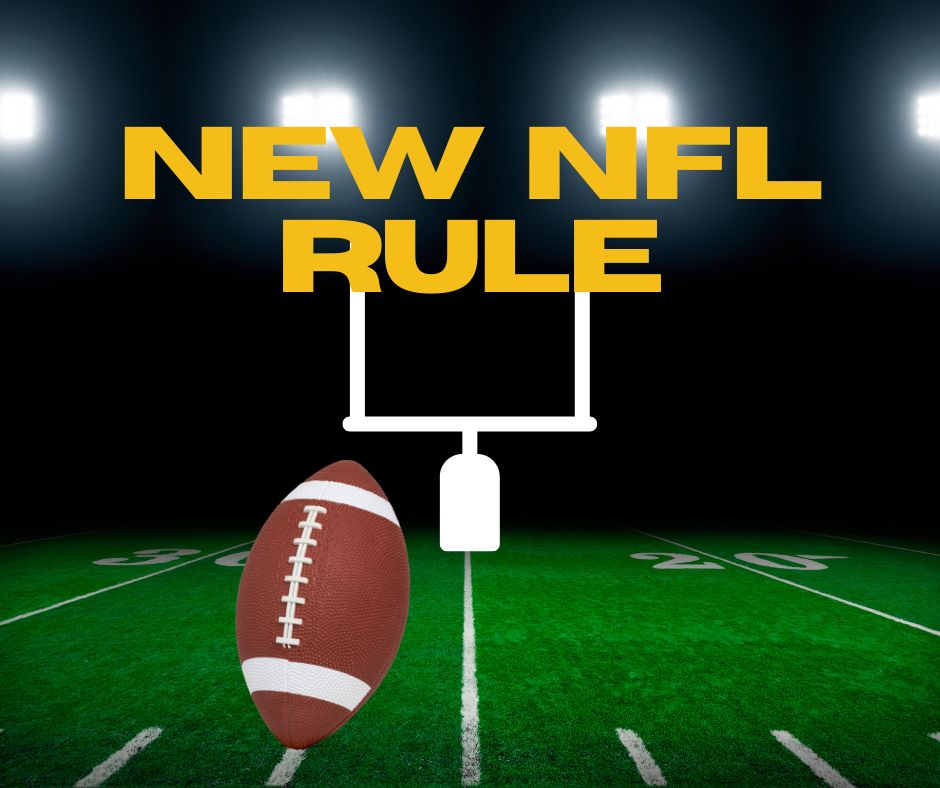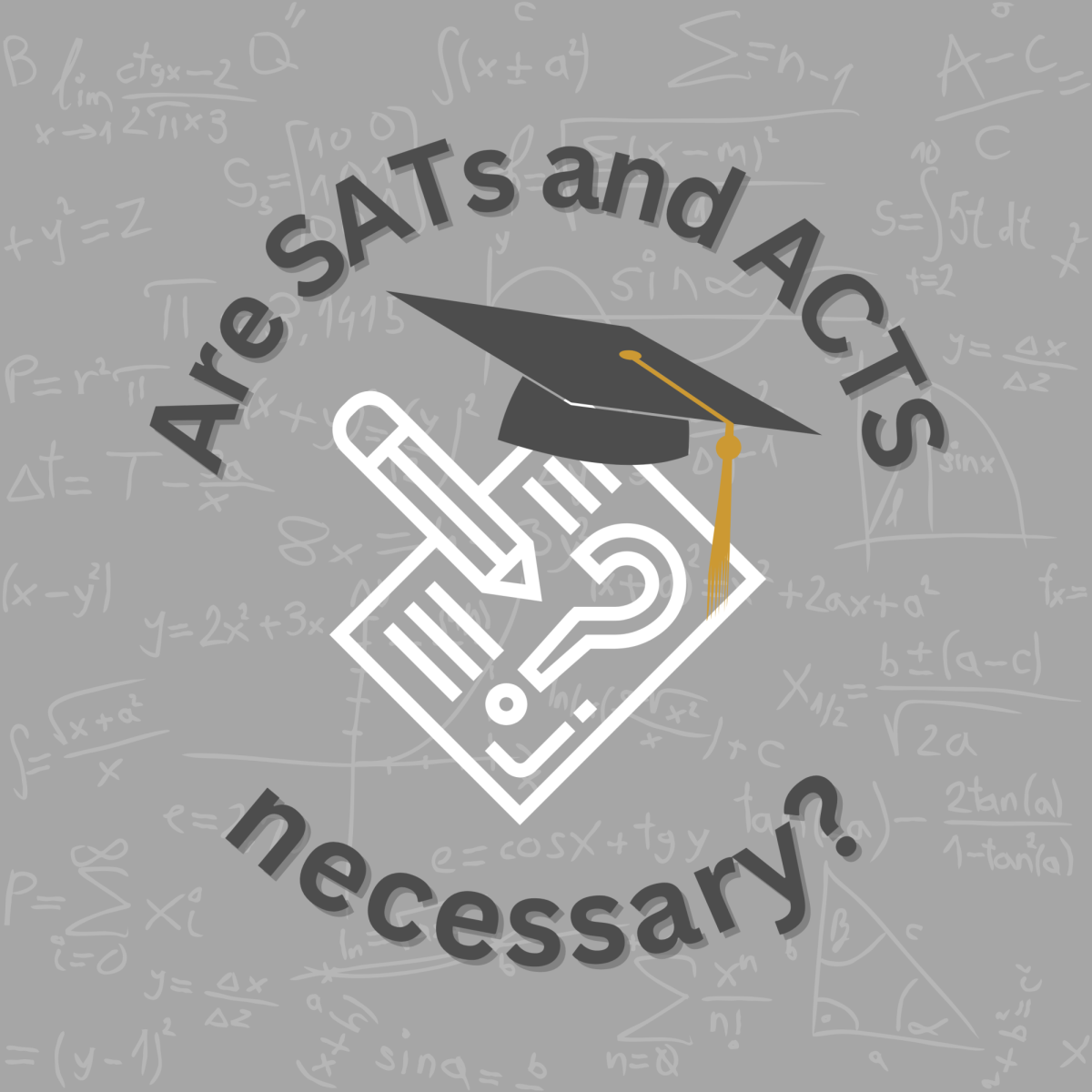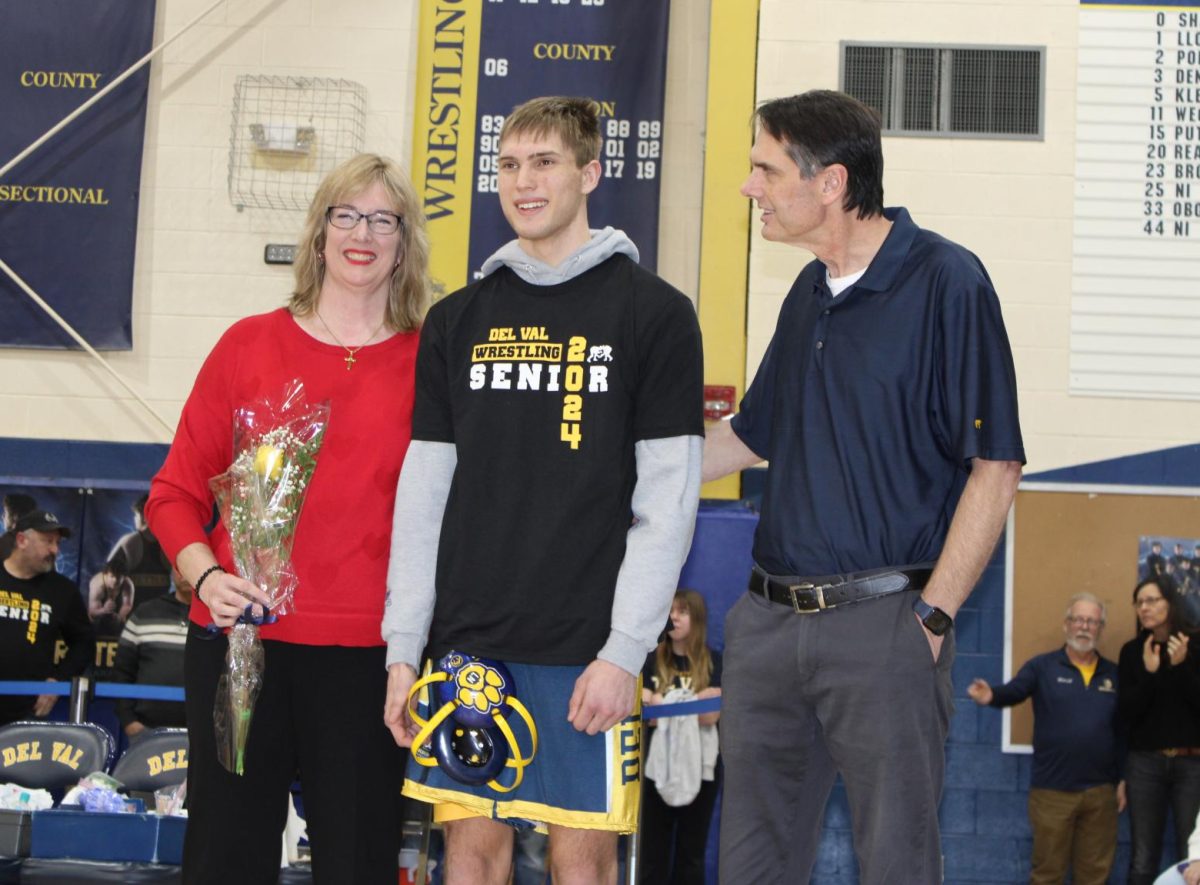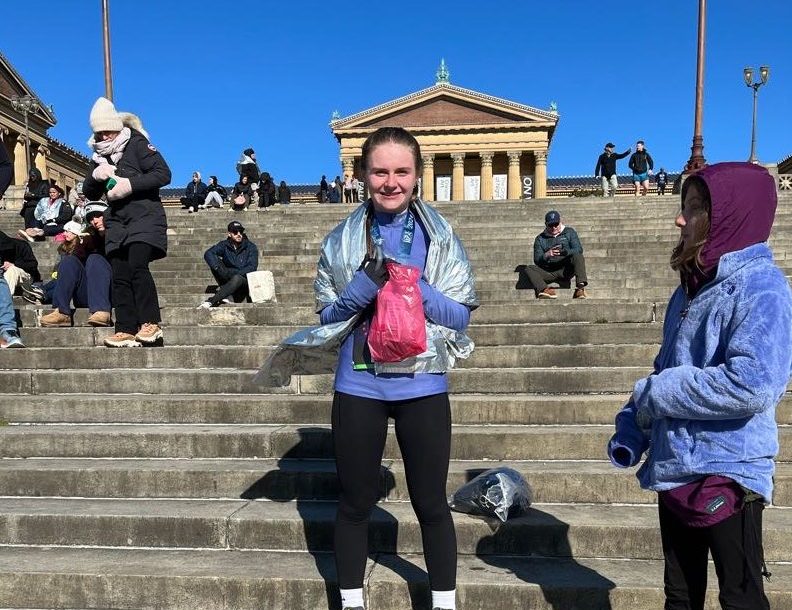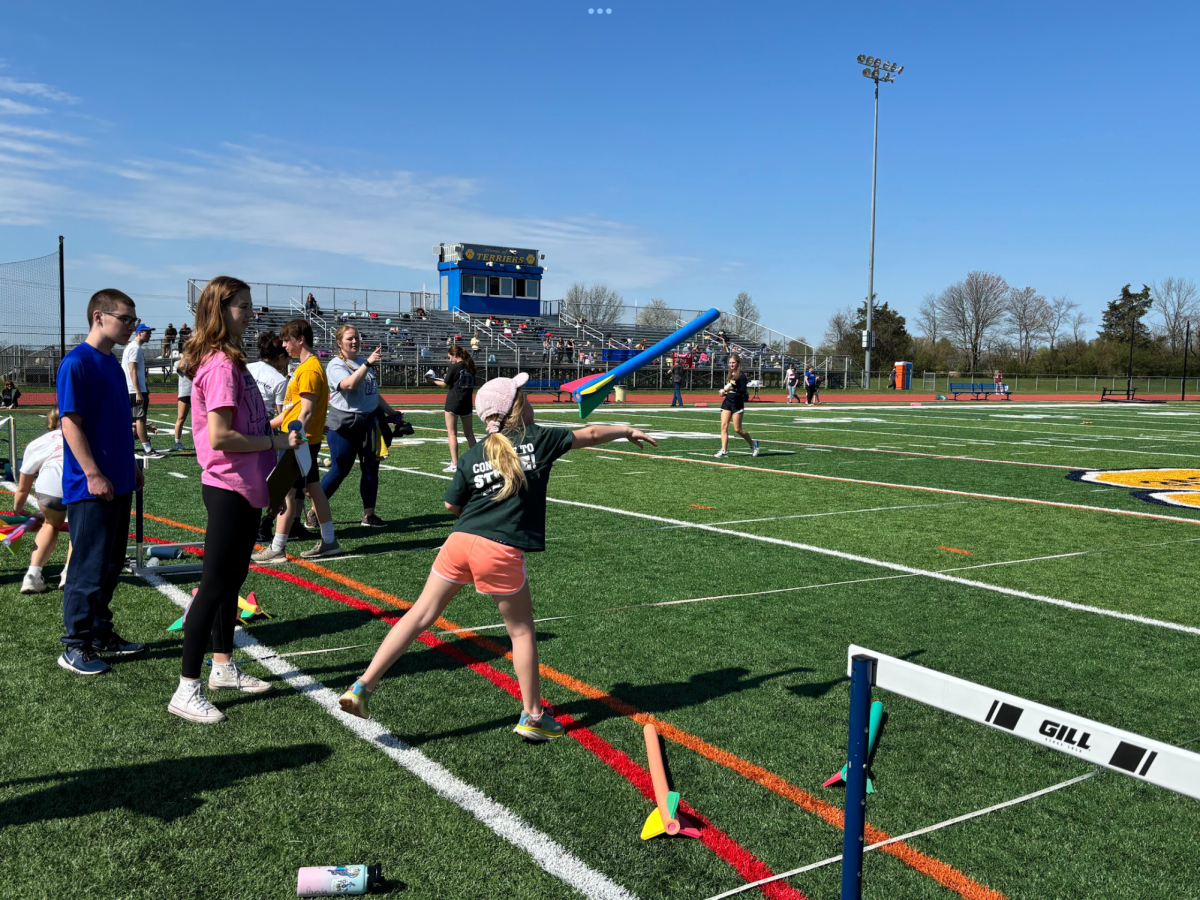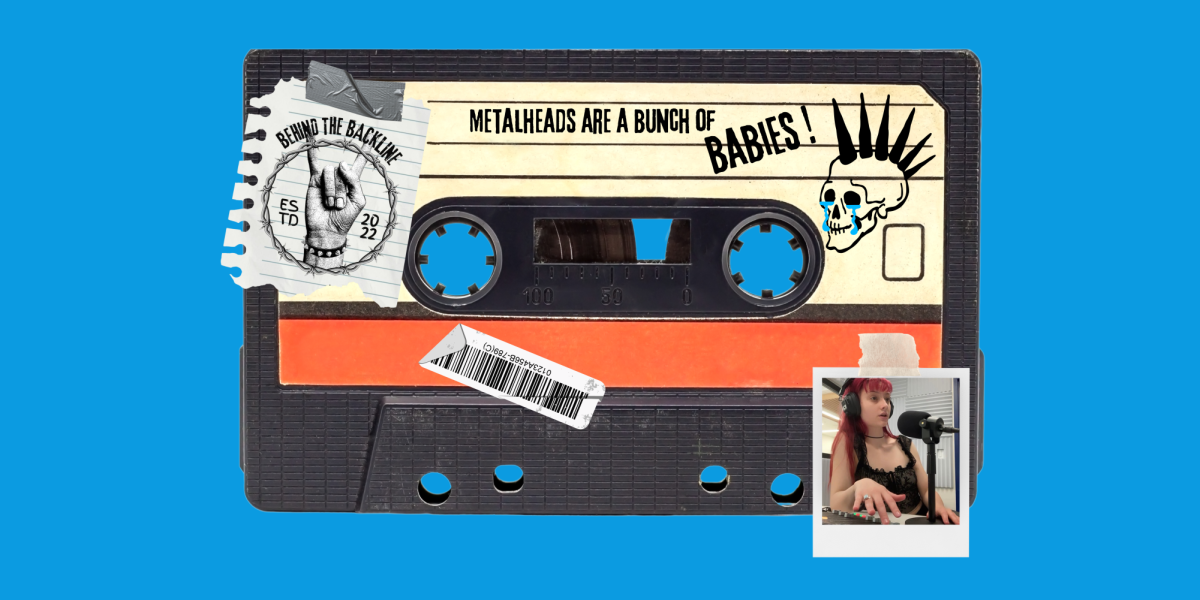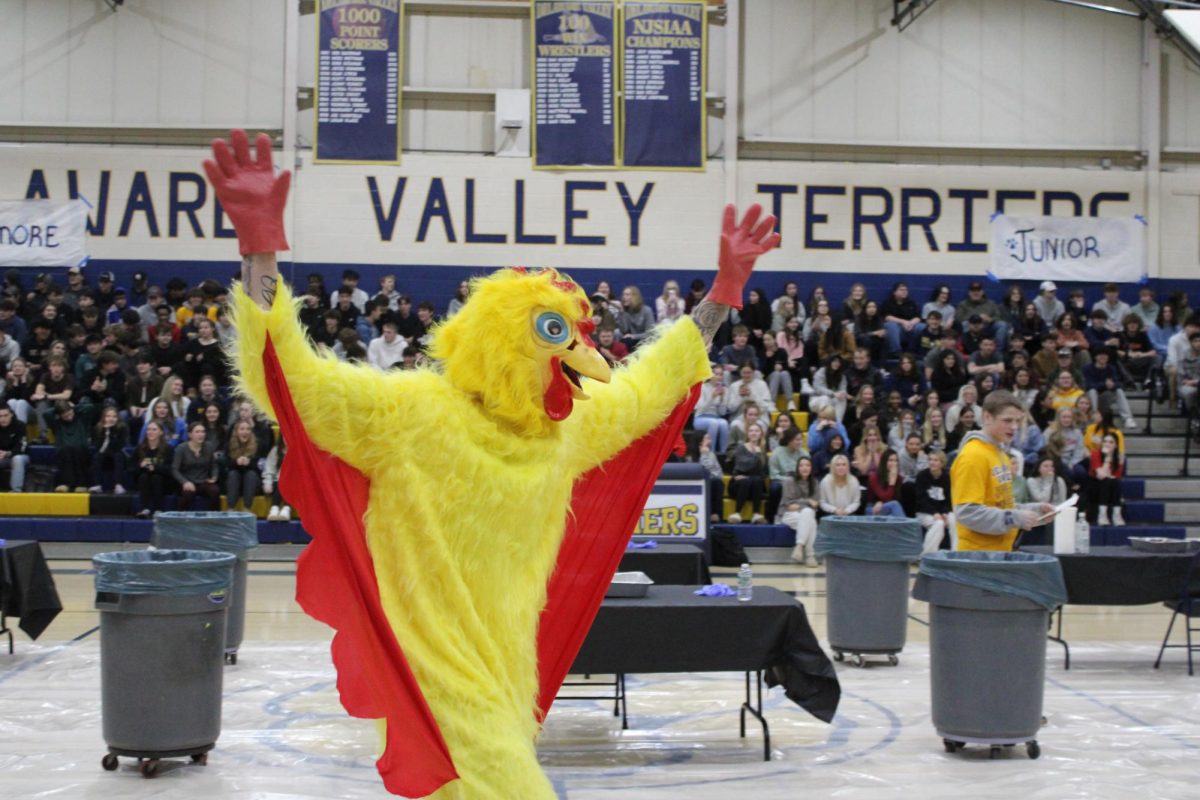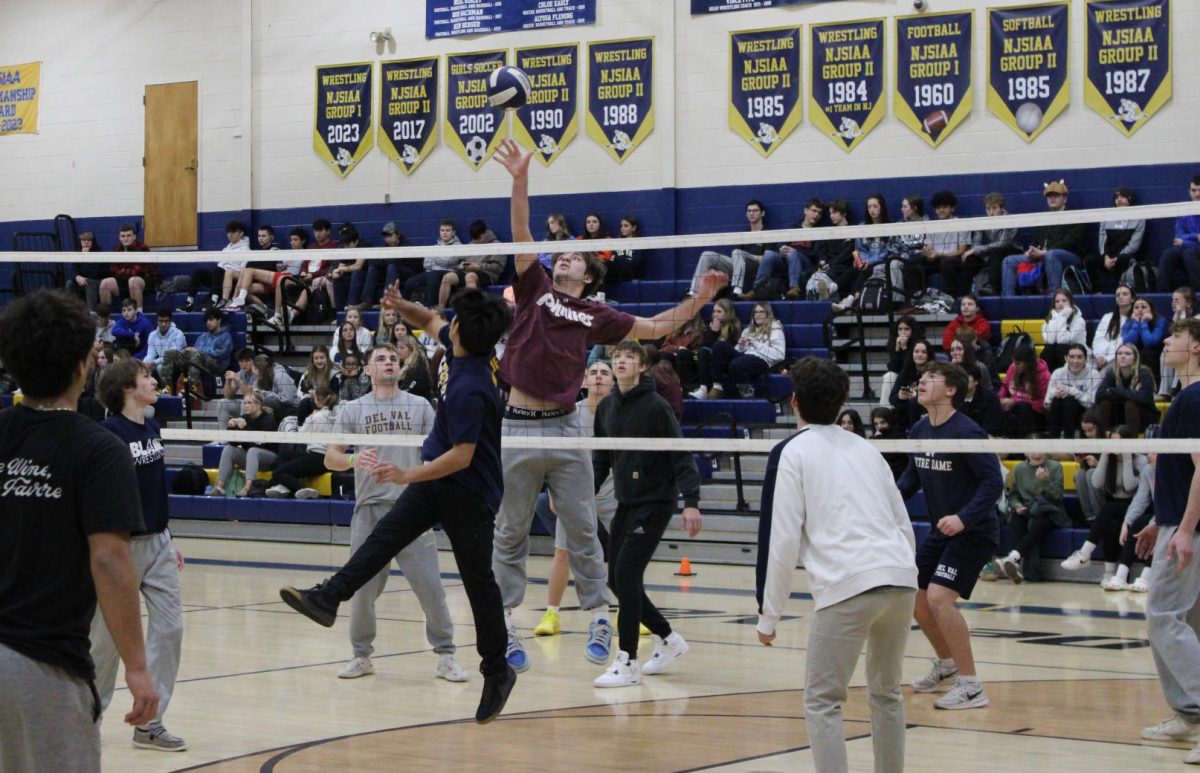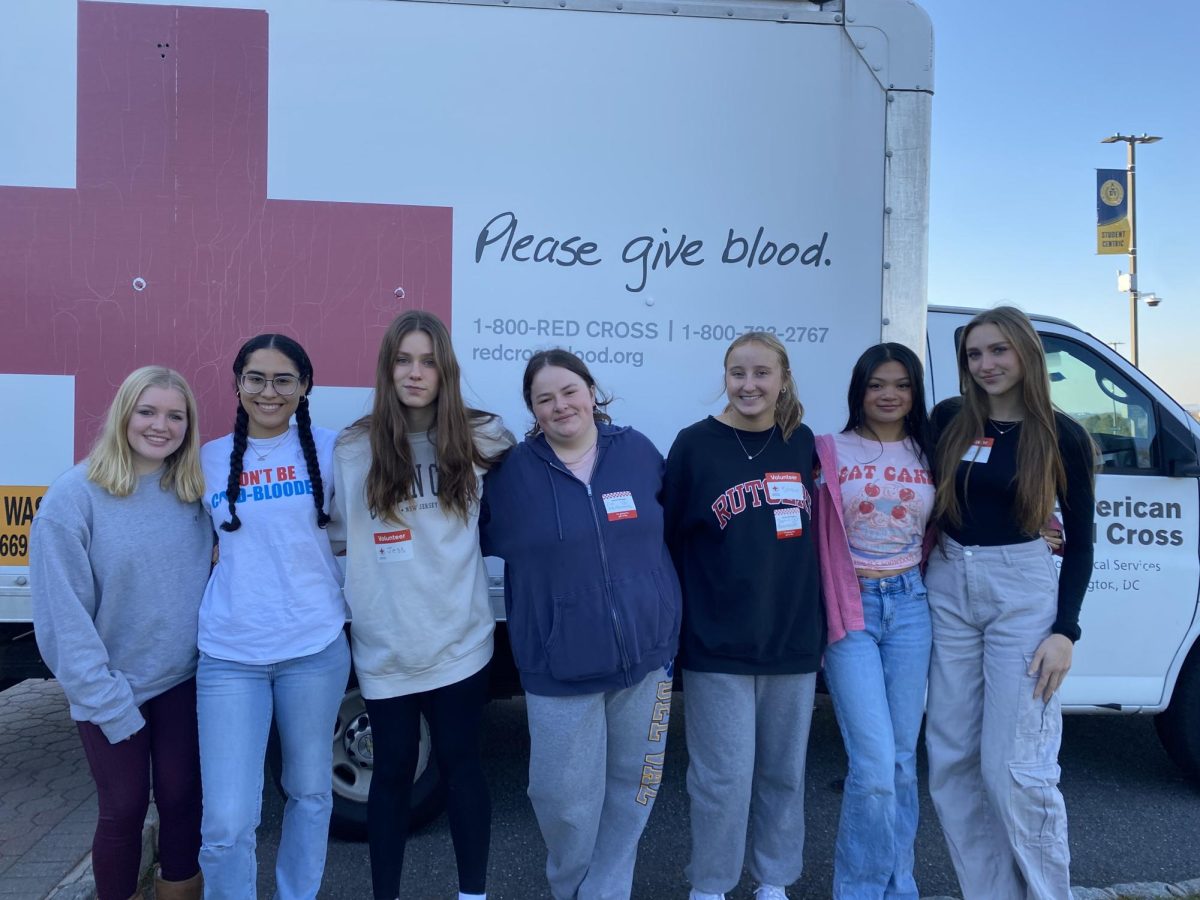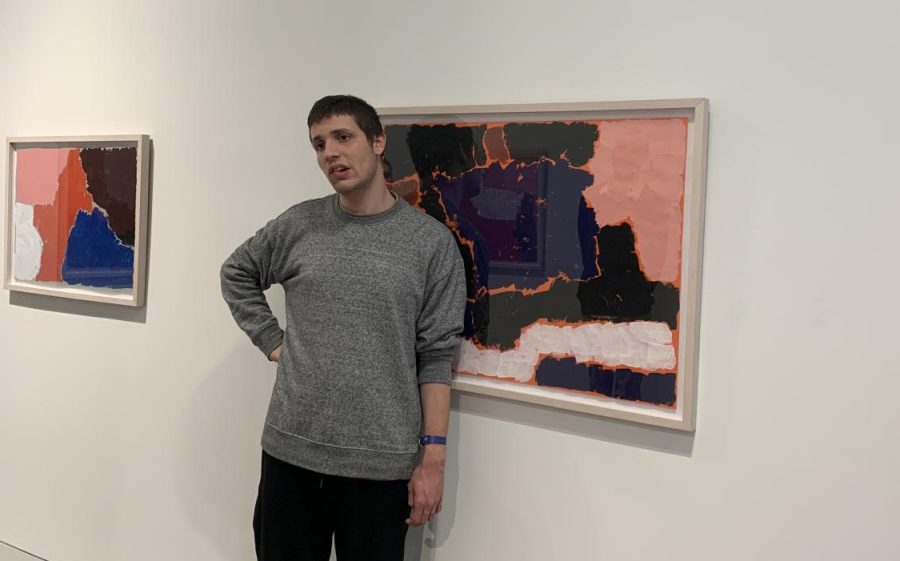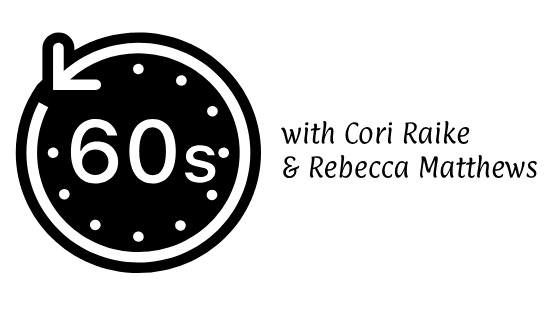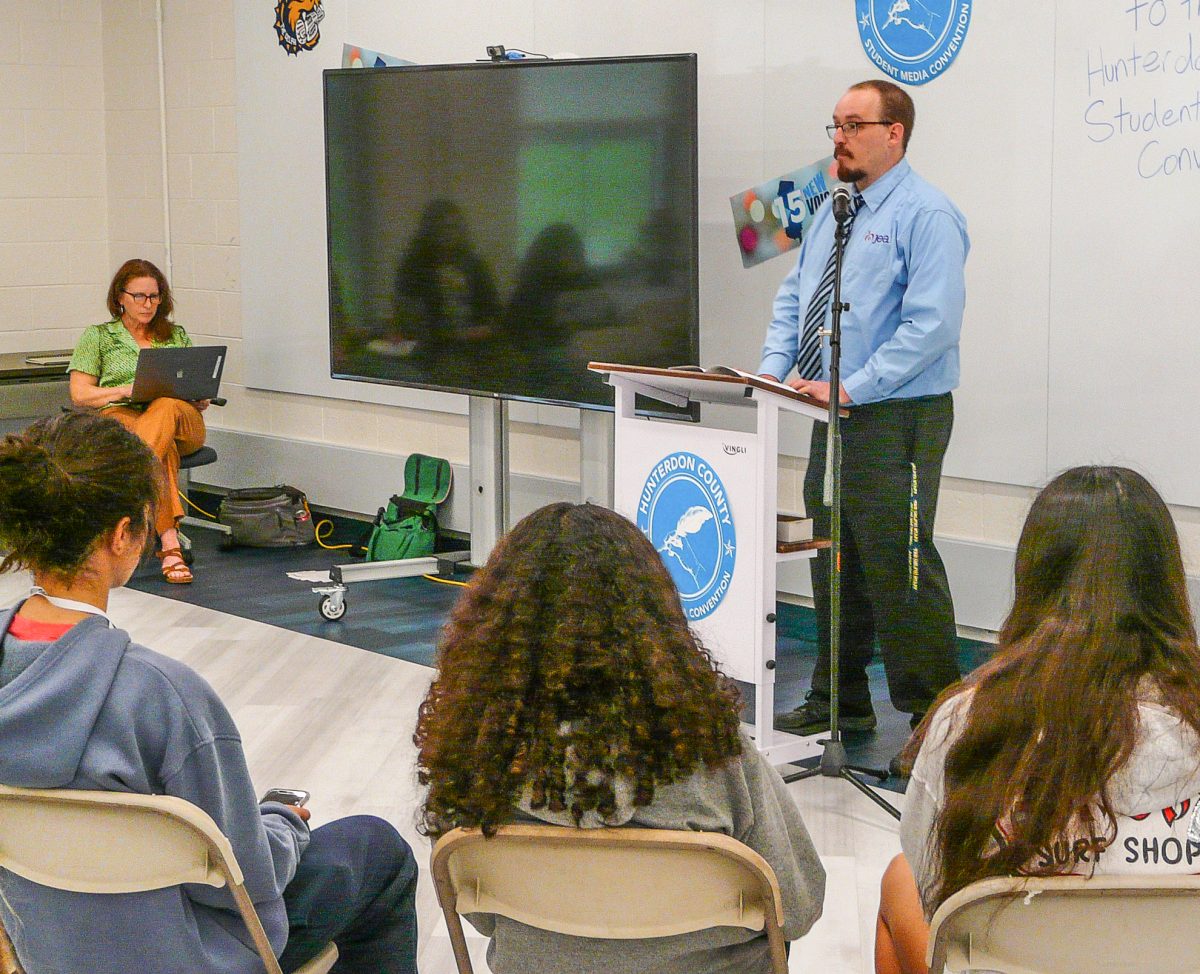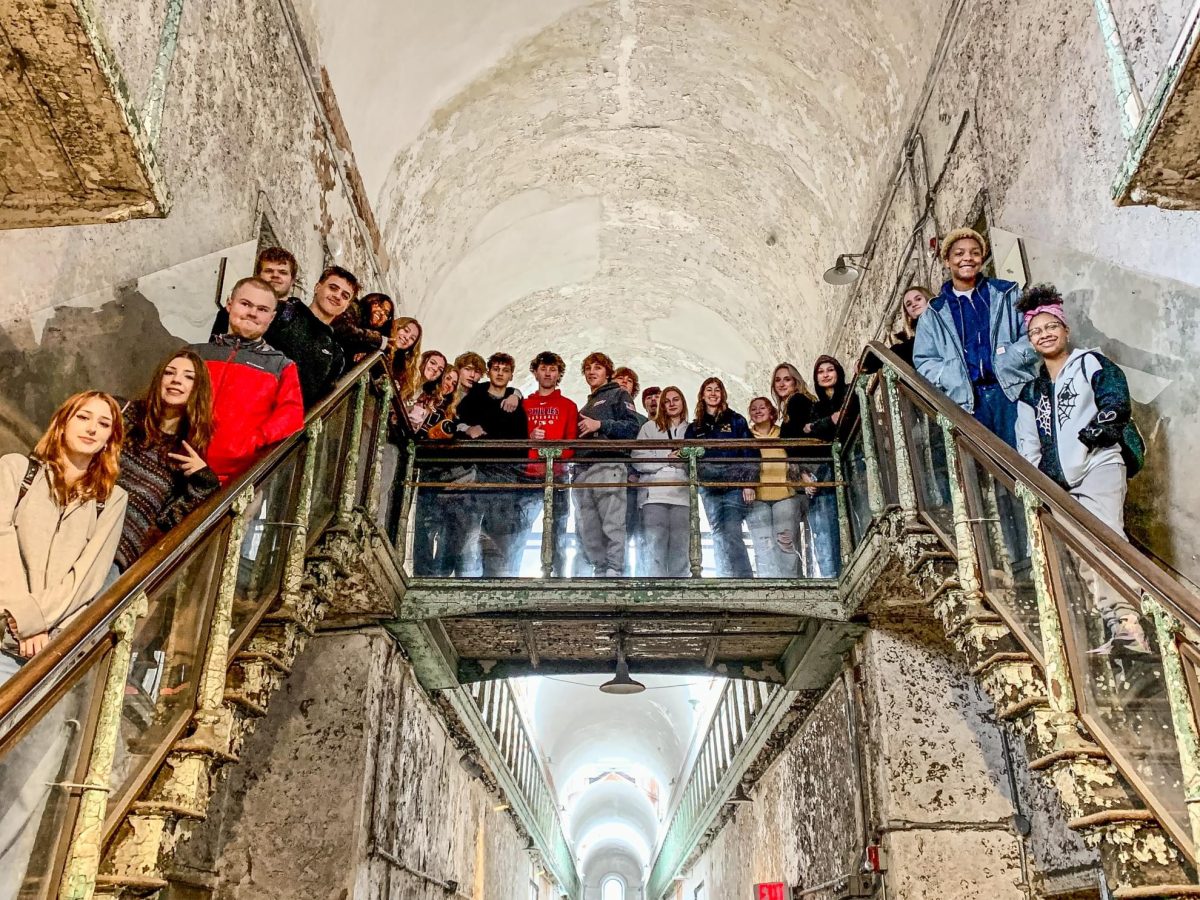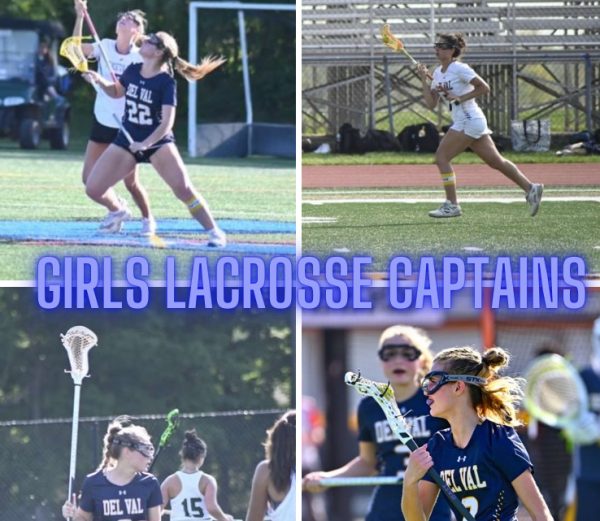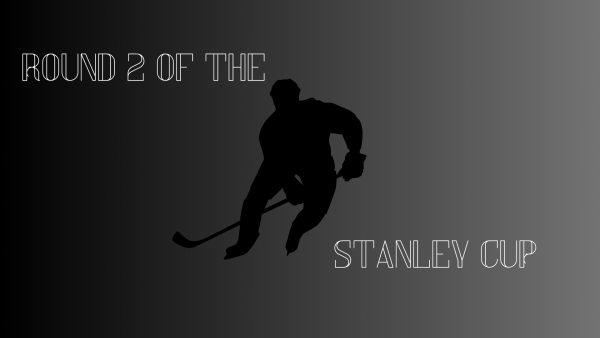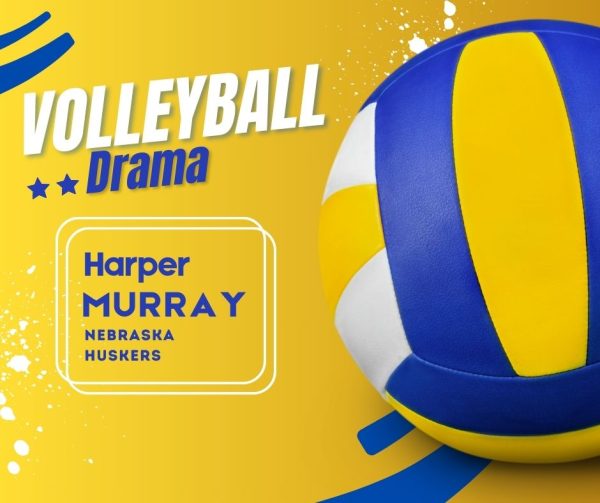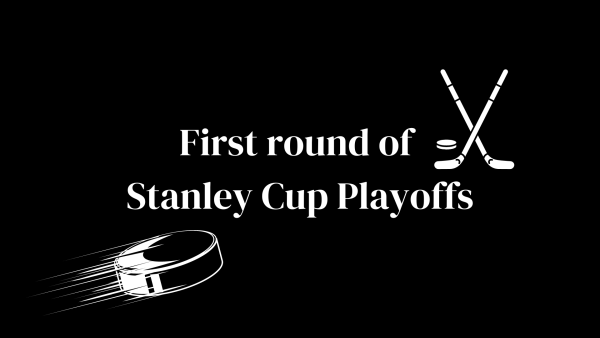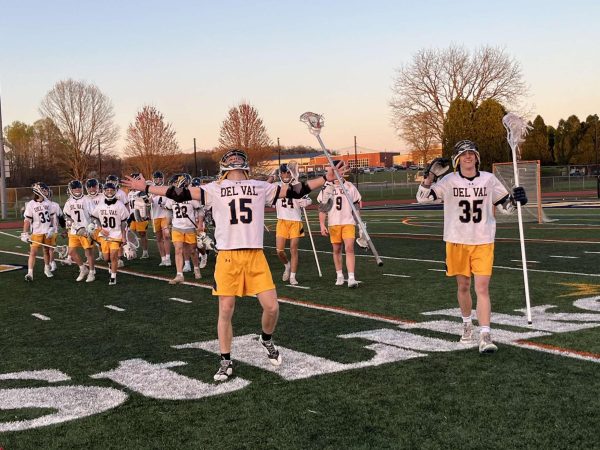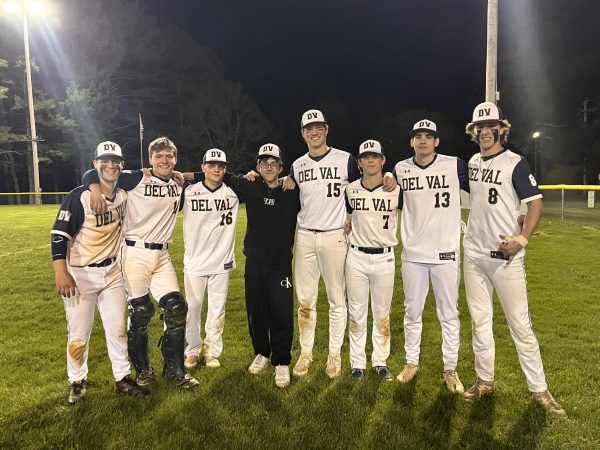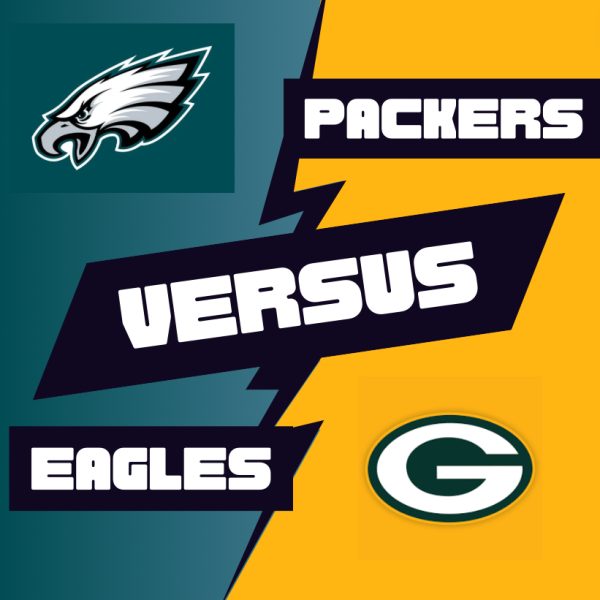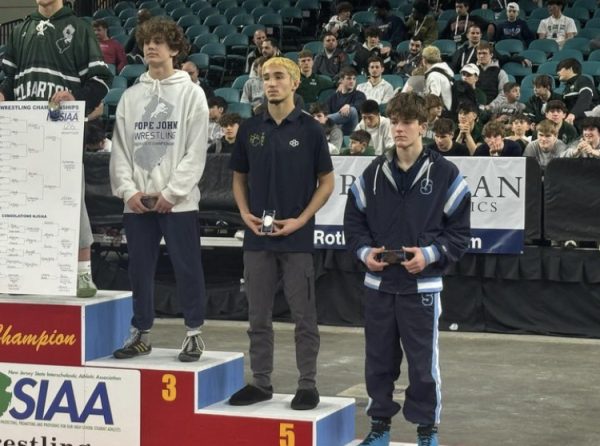Thank you, Princeton
Nestled in the suburban, peaceful town of Princeton, New Jersey lies one of the most prestigious and coveted institutions of higher learning not just in the United States, but also in the world: Princeton University.
With an acceptance rate of just 4.4%, Princeton takes in only the best of the best, a statistic which is clearly reflected in the list of Princeton alumni.
Since its founding in 1746, the university has produced three U.S. presidents (Madison, Wilson and Kennedy) and 76 Nobel Prize laureates.
In short, Princeton has practically become synonymous with churning out the next generation of leaders and world-changers. Each graduating class contains future elite lawyers, doctors and politicians among others.
Do note that the term “athletes” was not included in that list. Although several top athletes have attended Princeton, its athletics program certainly does not shine as bright as its academics. This situation is the exact same as that of any of the other seven schools that make up the prestigious “Ivy League.” These schools are known for producing presidents and Nobel Prize winners. Elite athletes? Not so much.
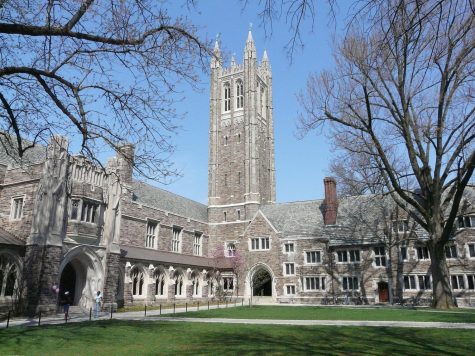
However, this year’s March Madness competition may have changed that.
March Madness (more formally known as the NCAA Championships) is a college basketball tournament that runs from mid-March to early April. In some instances, it can be just as big as the NBA finals, to put it in that perspective. Out of the thousands of college basketball teams in the country, only 64 teams are selected to participate in the tournament.
In every tournament, the top team from the Ivy League, which is made up of Princeton, Harvard, Yale, UPenn, Cornell, Brown, Columbia and Darthmouth, is given the opportunity to compete.
However, the Ivy League team chosen almost always ends up with a low seed and gets obliterated in the first round by one of the NCAA heavyweights, and this year was expected to be no different for Princeton.
For context, the last time Princeton had a player drafted into the NBA was in 1984, which is in stark contrast to Princeton’s first round opponent, Arizona, who has enjoyed 53 draft picks since 1984, including 26 players drafted in the first round.
This game was certainly a mismatch on paper, which was also reflected by the teams’ relative seeding, with Arizona a number two seed stocked with NBA-level talent and projected at a minimum to go deep into the tournament, as well as being on a shortlist of overall favorites.
One other mismatch is that Ivy League schools do not offer athletic scholarships, whereas Arizona suited up 13 players who were on full rides.
On the court, Arizona is just as dazzling as they are perceived. According to The Athletic, Arizona averages 82.7 points per game, the third most of any team in the nation. Arizona is historically a continuously massive contender for March Madness.
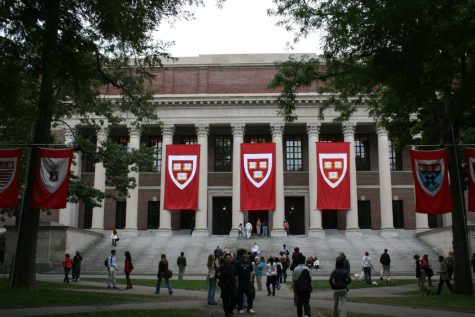
On the other hand, the last time Princeton even won a March Madness game was 1988.
Yet the outcome of the game was one that few could have possibly predicted.
From the first whistle, it was clear that Princeton was not going to go out without a fight. The first half was incredibly close, with the scoreline being 31-30, in favor of the Wildcats.
After half-time, the Tigers came out swinging and continued to push on. The Tigers managed to outscore the Wildcats 29-24 in the second half, and to the shock of everyone, the Tigers were victorious in the end, winning 59-55.
It was all over. Princeton was going to the next round of the tournament, and in the process had dethroned one of the best teams in the nation: a resounding achievement.
Throughout the game, Princeton’s defense was superb. Primarily, it managed to hold the typically high-scoring Arizona to just 55 points and prevented the Wildcats from scoring at all in the last 4:44 of the game. They managed this through defensively forcing Arizona’s weaker players to be the ones to shoot and also successfully defended with minimal fouling.
Following this massive victory, the Tigers were set to face the number seven seeded Missouri in the next round of the tournament. If they won, the Tigers would be through to the Sweet Sixteen. The last time Princeton made it to that round of March Madness was in 1967.
Even though the odds were once again not in Princeton’s favor, the team made history once again.
Princeton was in control of the game from the start and had a seven point lead by the end of the first half. The second half, Princeton did not let the momentum it had gained go to waste and continued to outplay Missouri.
In the end, Princeton comfortably swept aside Missouri 78-63, and throughout the stadium, joyful chants of “Sweet 16! Sweet 16!” could be heard. Through its victory over Missouri, Princeton would be, for the first time in 56 years, among the final 16 teams in the tournament. Princeton’s next opponent was to be the number six seed, Creighton.
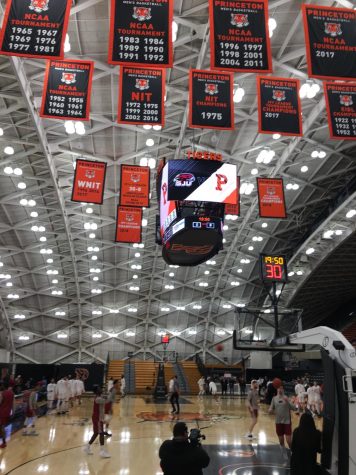
Although Princeton fought hard against Creighton, the Tigers failed to overcome their opponent and were defeated by the Bluejays with the scoreline concluding at 75-86. Princeton was out of the tournament.
However, even though their run came to an end, the Tigers’ performance in the tournament was nothing short of inspiring. Through perseverance and determination, a school best known for its intellectual ability proved that intelligence and athleticism can, in fact, coincide. Just look at some of Princeton’s largest stars this tournament.
Sophomore Blake Peters, a guard, is fluent in Mandarin and plays classical guitar. Against Missouri, he scored five three-pointers.
Senior Tosan Evbuomwan, a forward, attended the highly selective Royal Grammar School in England. In this year’s tournament, Evbuomwan netted a total of 48 points.
This just goes to show that one does not have to sacrifice being intelligent to be athletic, or vice versa. The world is changing, and Princeton’s run in March Madness may very well pave the way for schools such as Harvard and Yale to not just produce the next presidents, but the next generation of elite athletes as well.
Blake Peters couldn’t have summed up the Tigers’ run in a better way than he did in his post-match interview following the Creighton game.
“Not too bad for a bunch of nerds,” said Peters.
Your donation will support the student journalists of Delaware Valley Regional High School. Your contribution will allow us to attend conventions, purchase equipment and cover our annual website hosting costs.

Ellen Jordan is currently a freshman at Del Val. This is her first year writing for The Delphi. Ellen is involved with the high school soccer team and...

